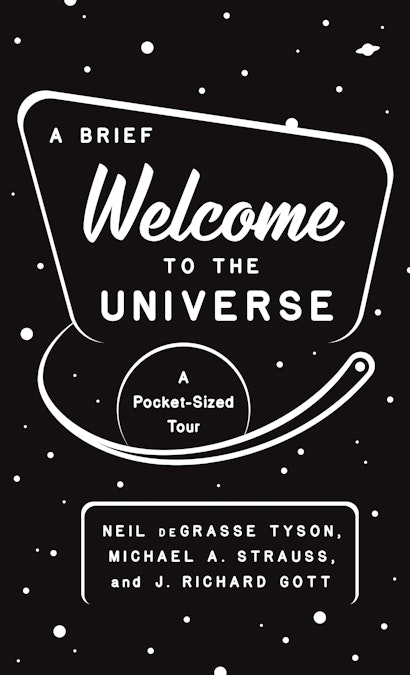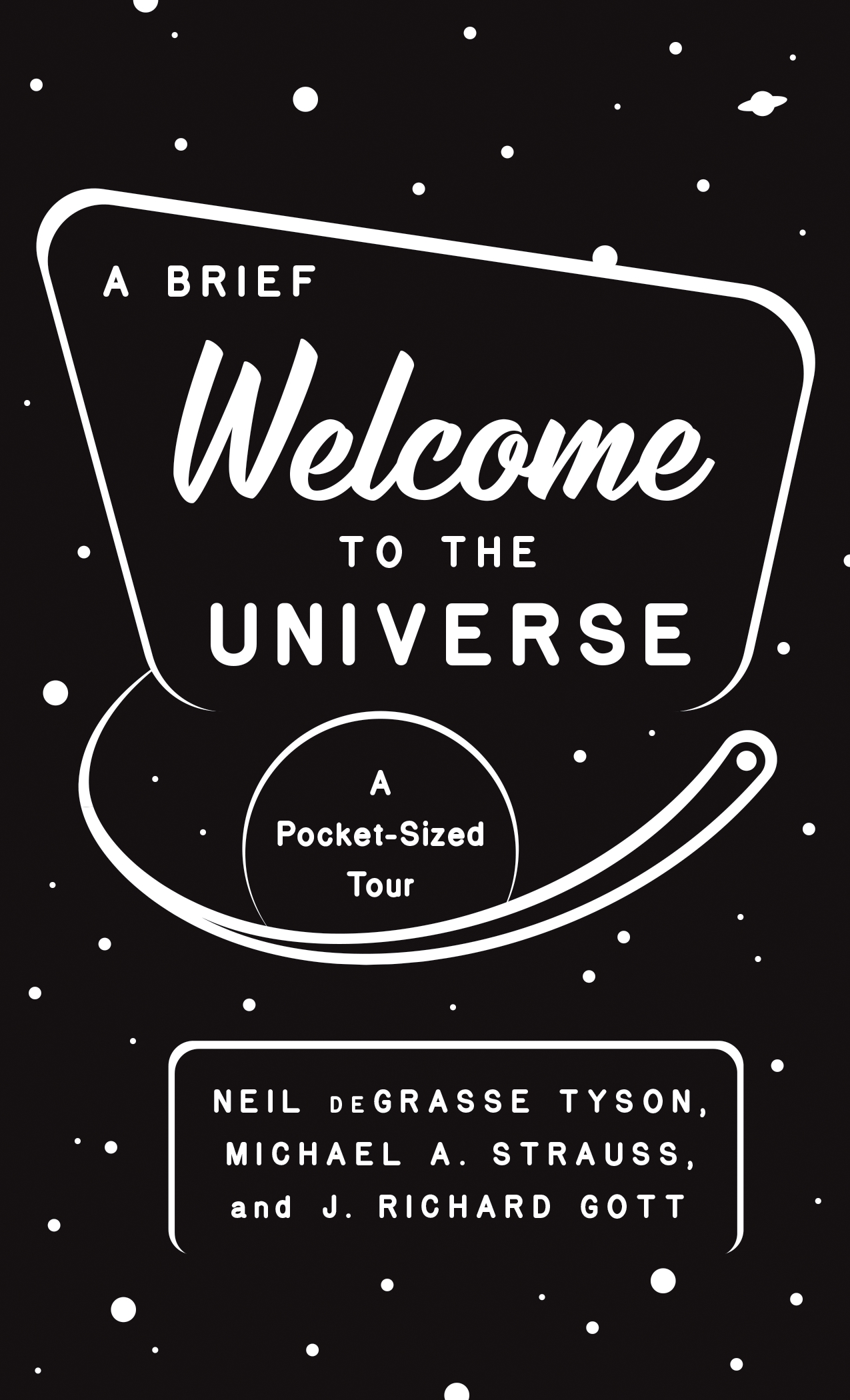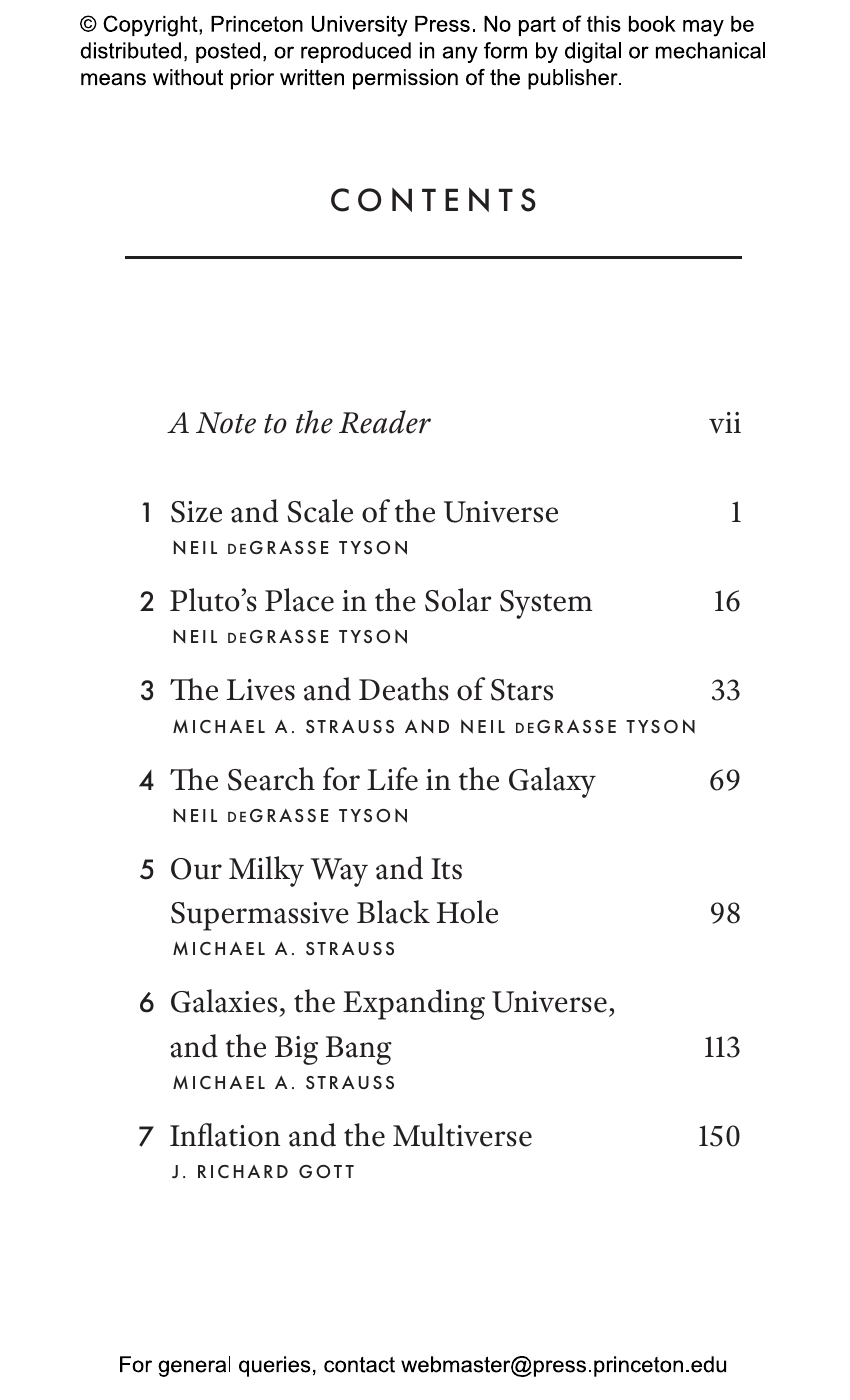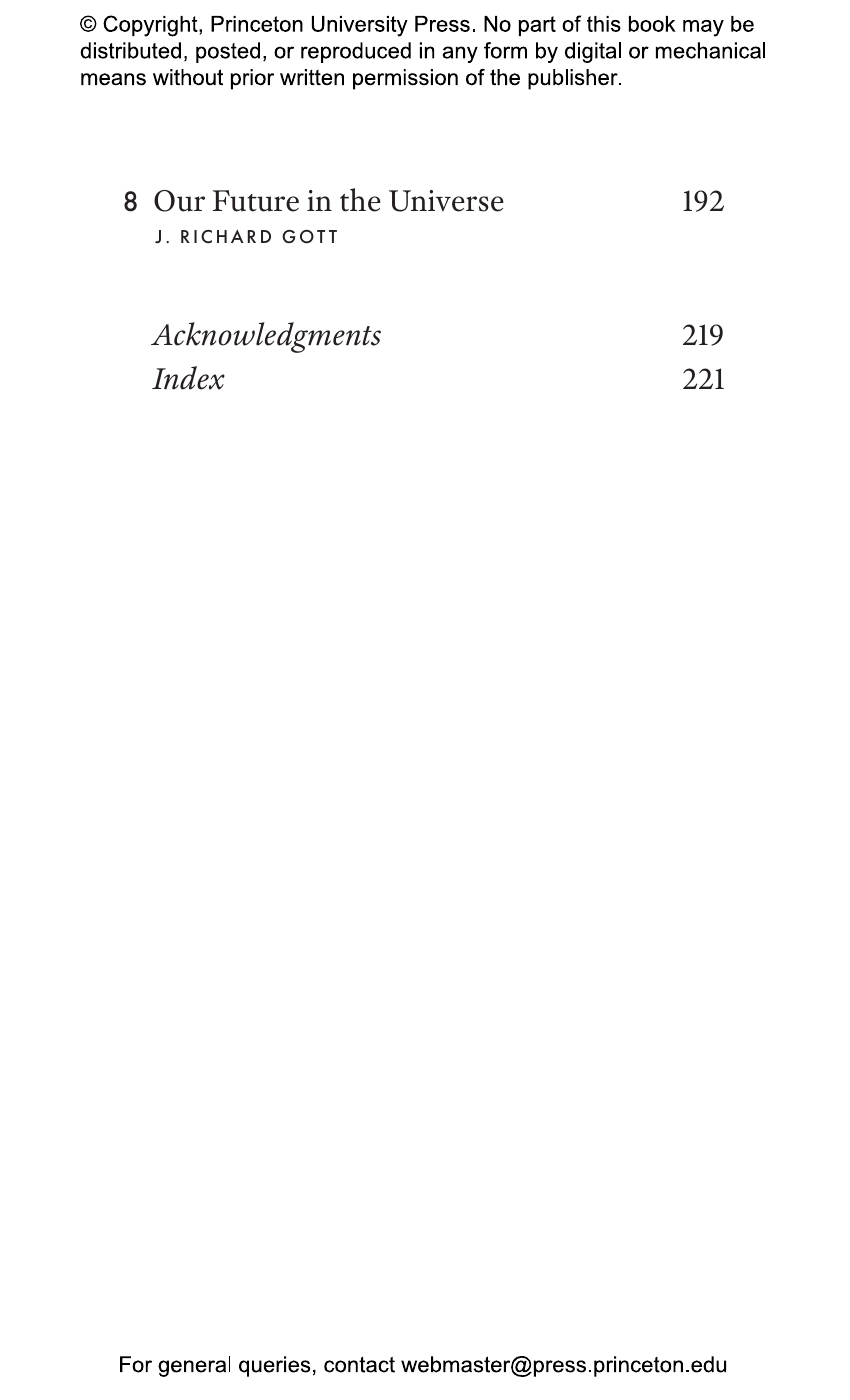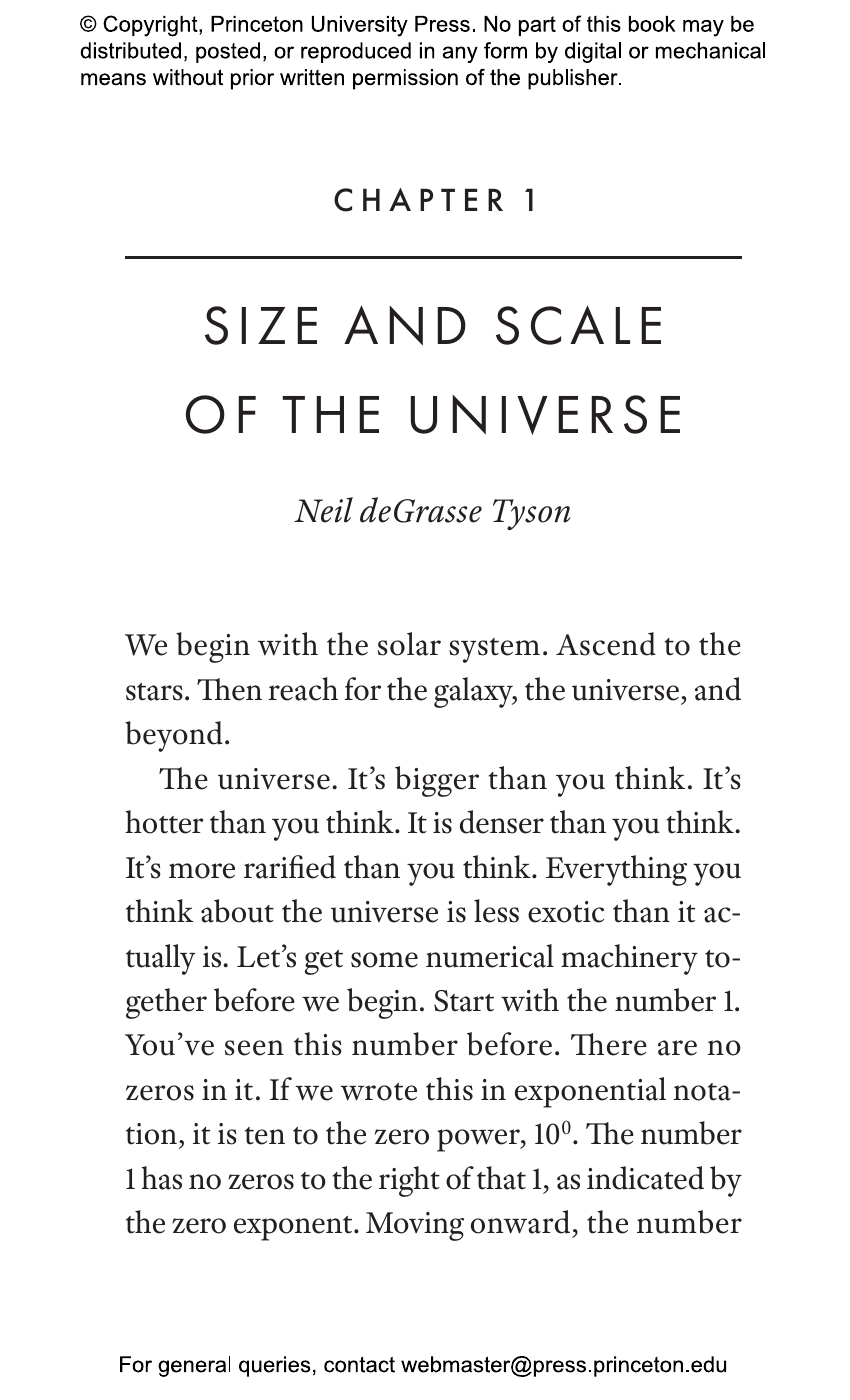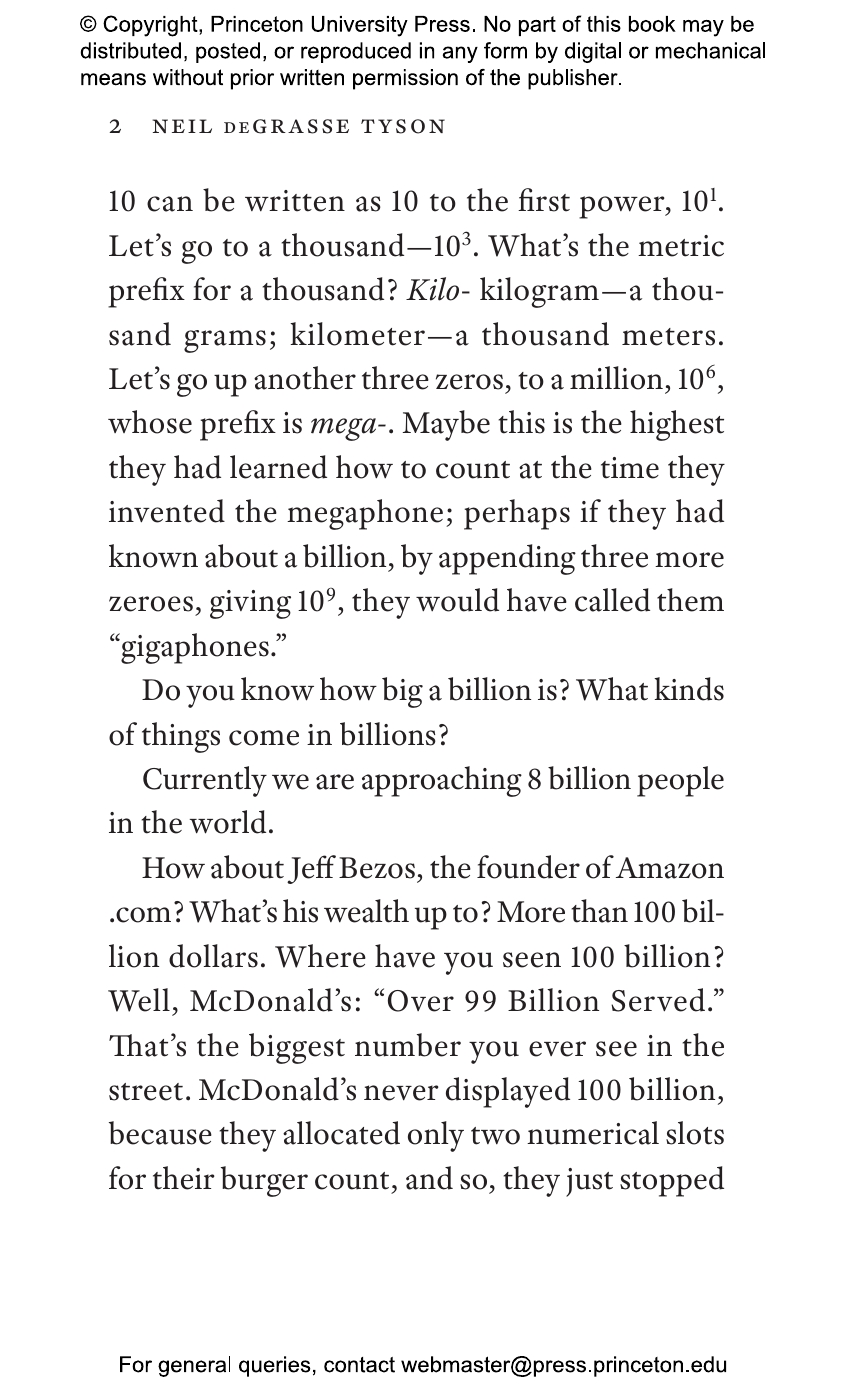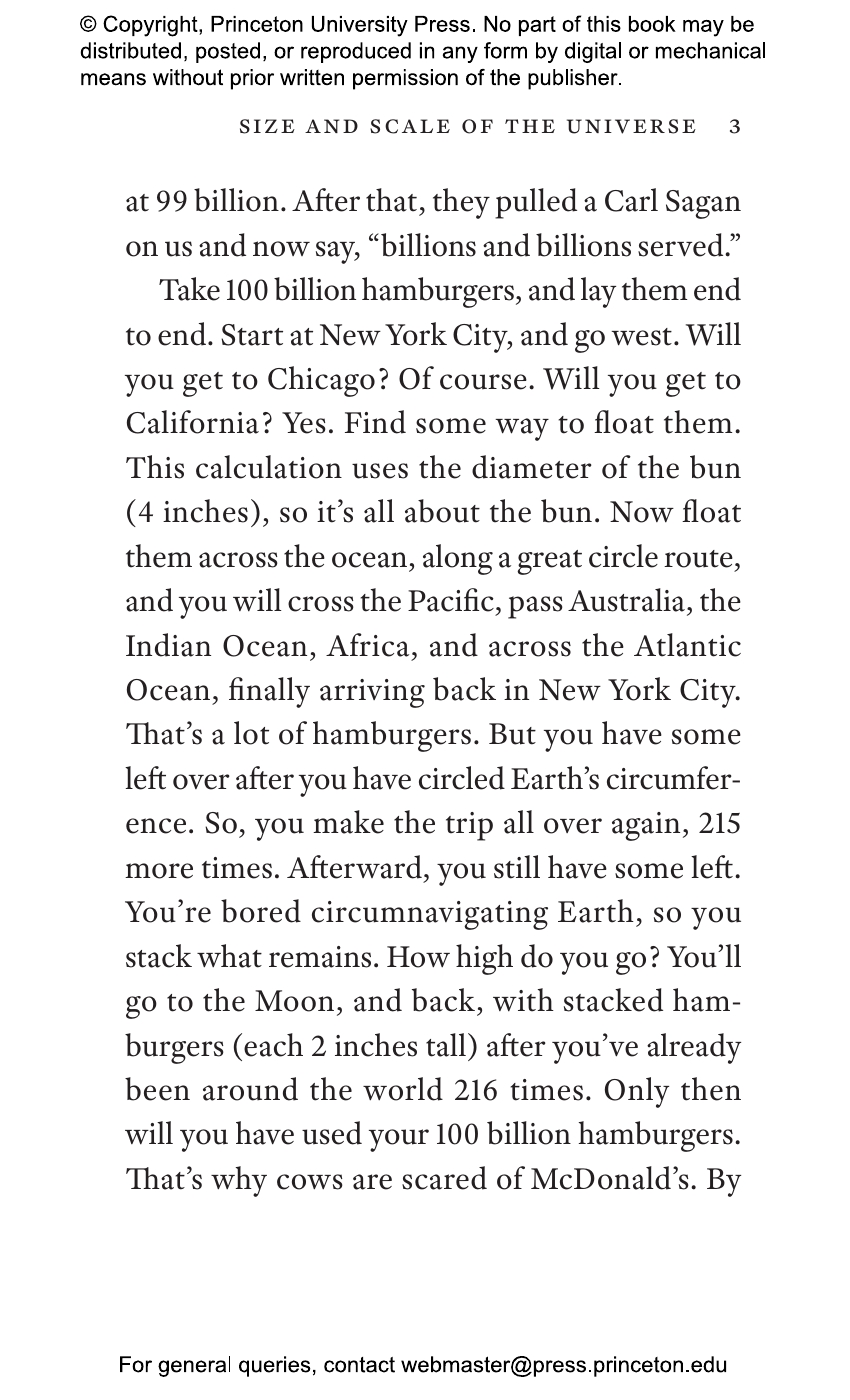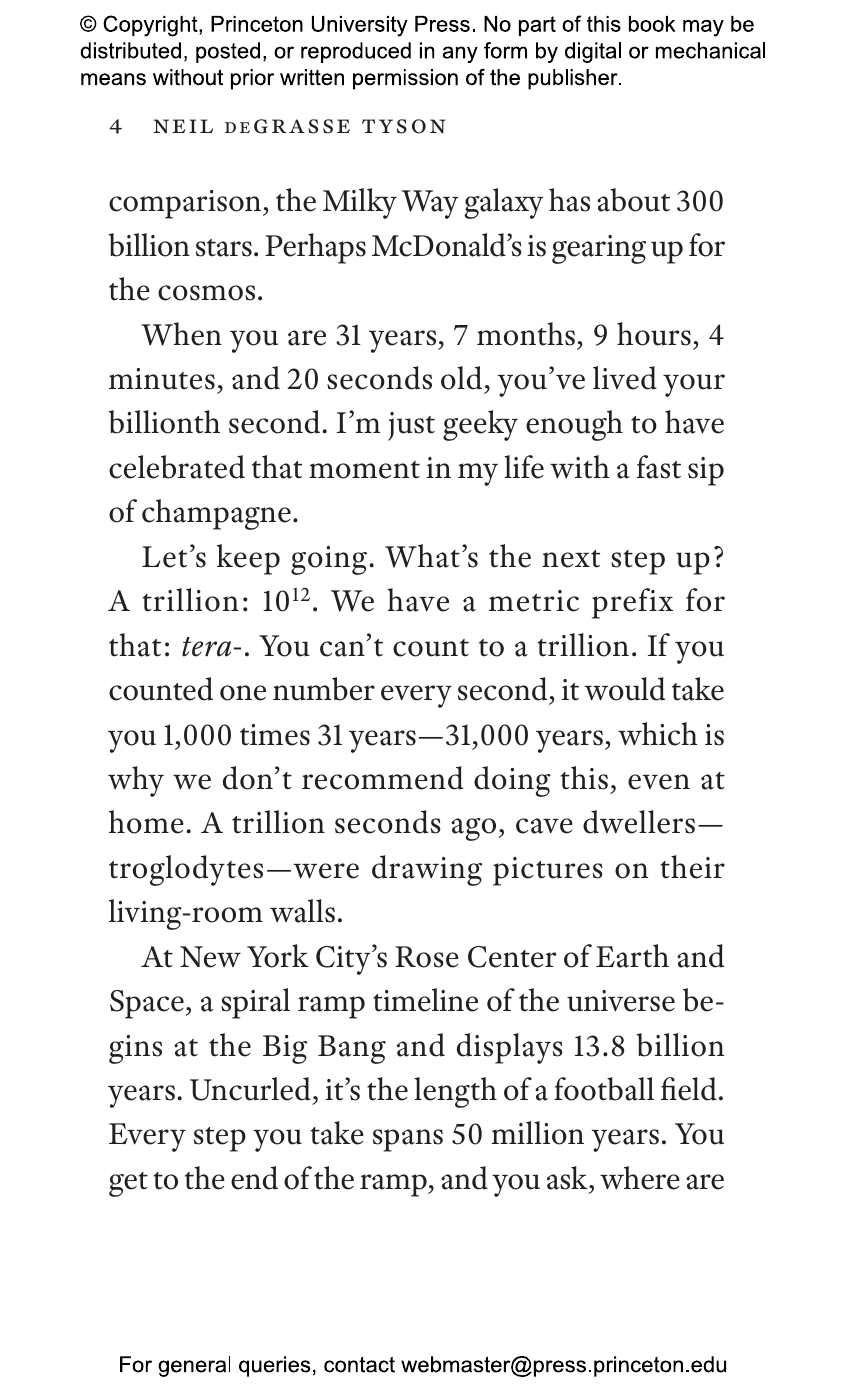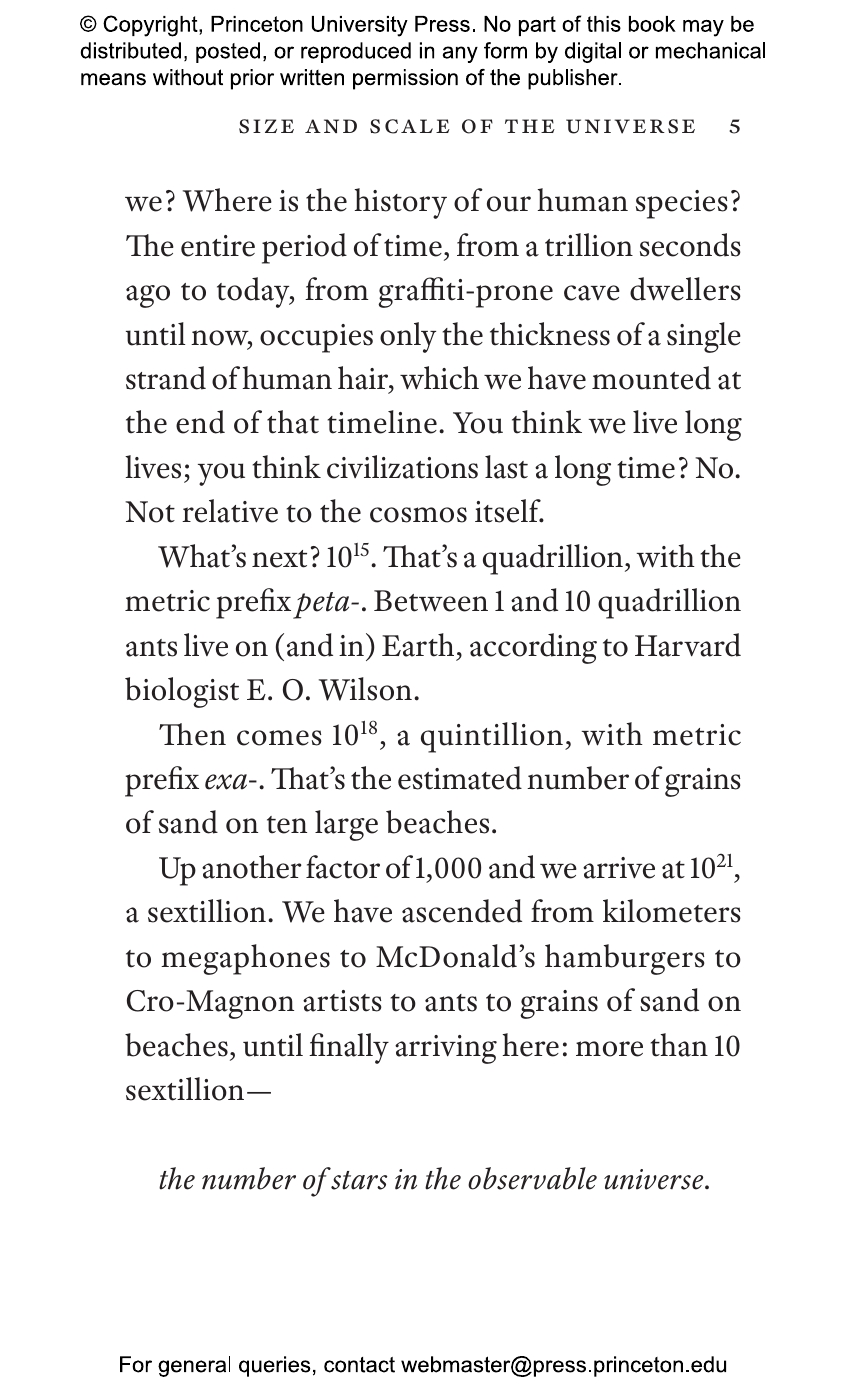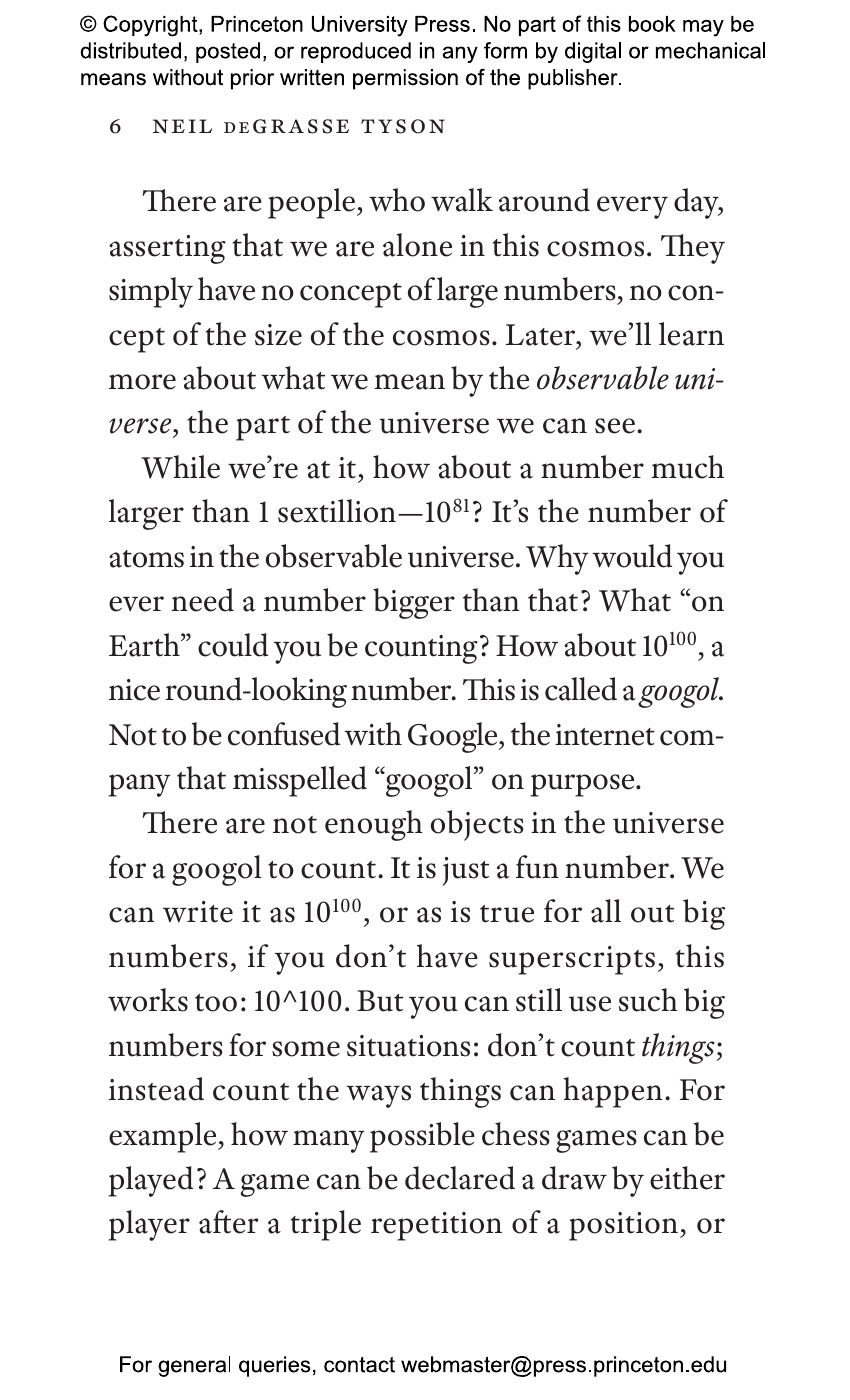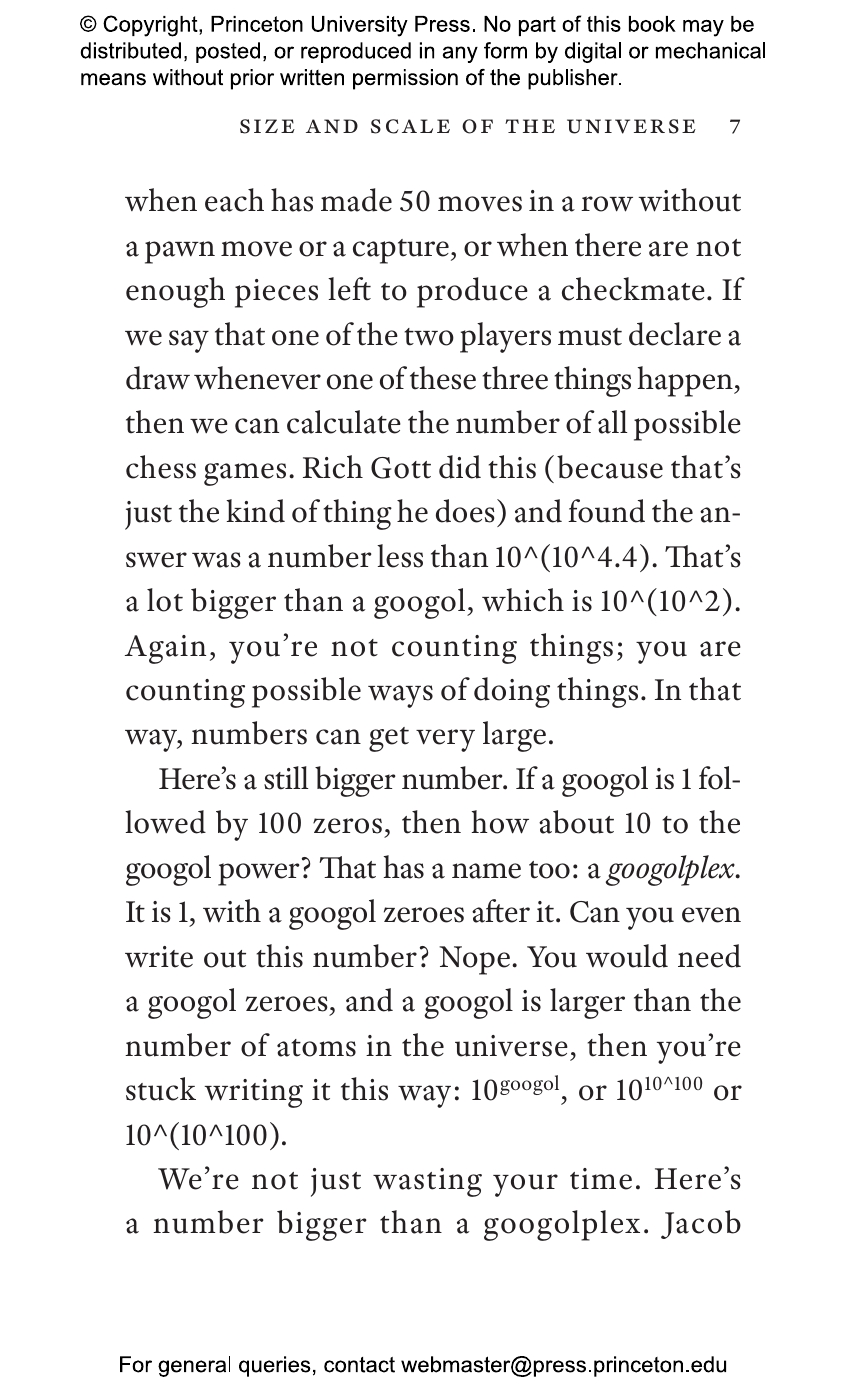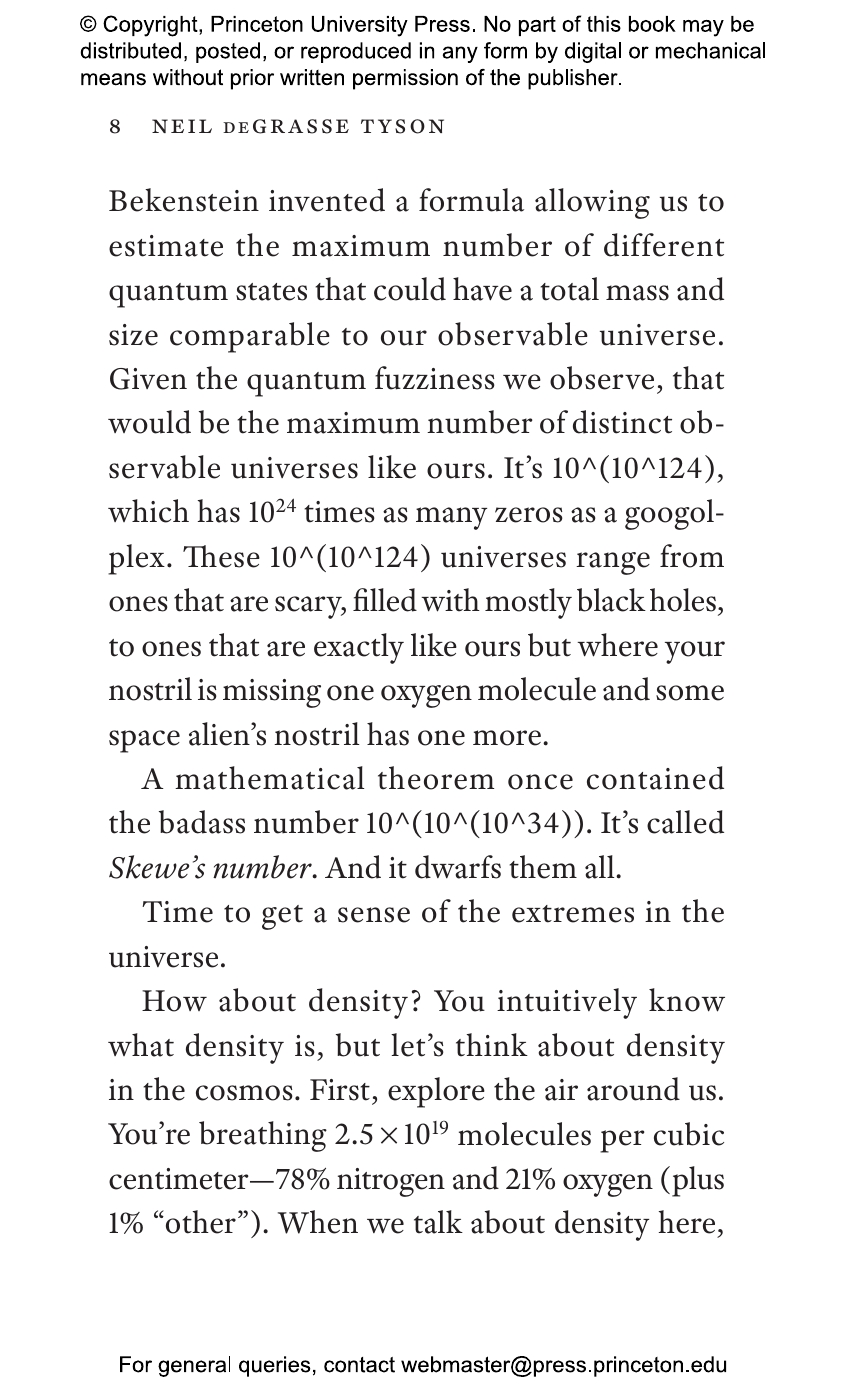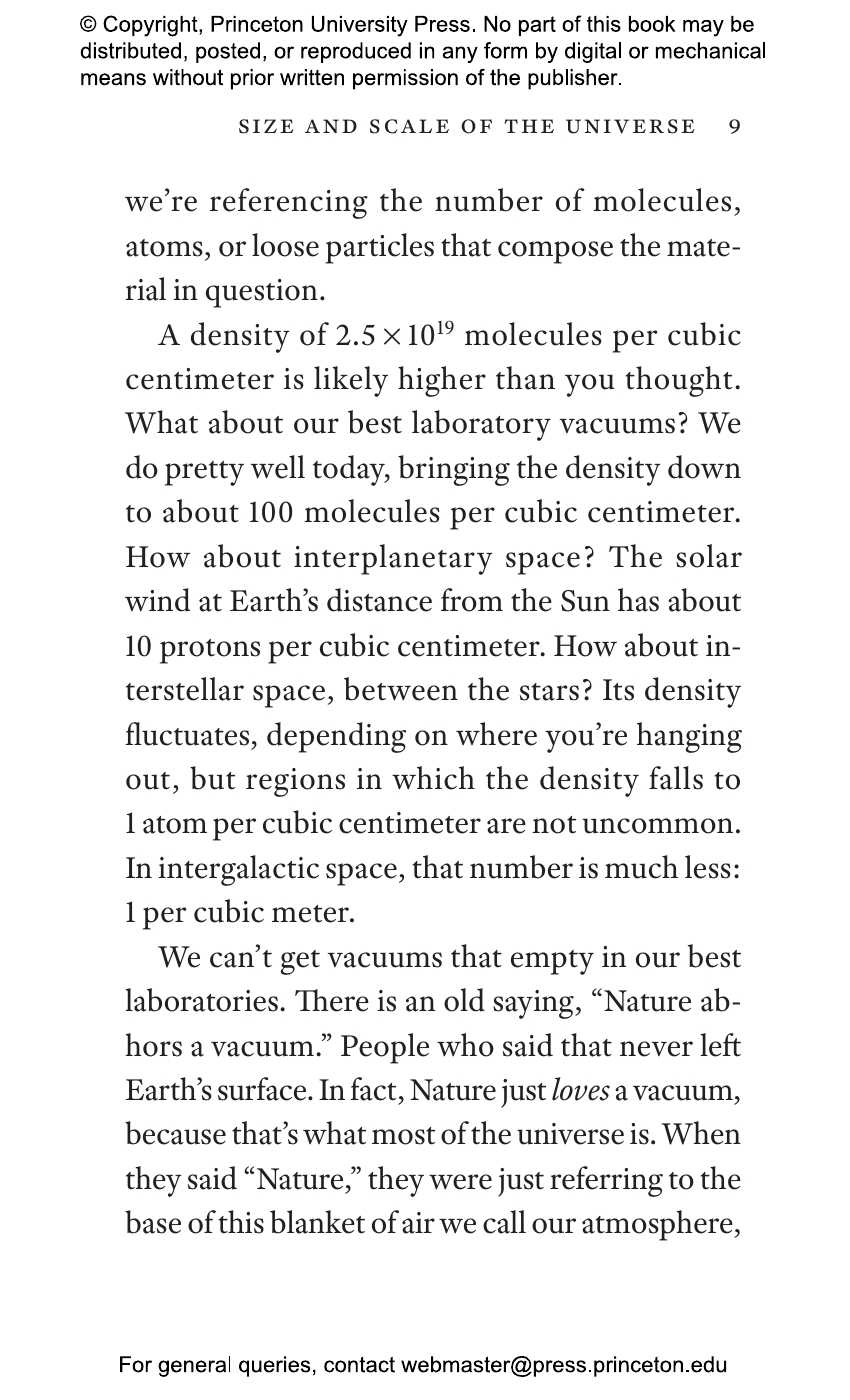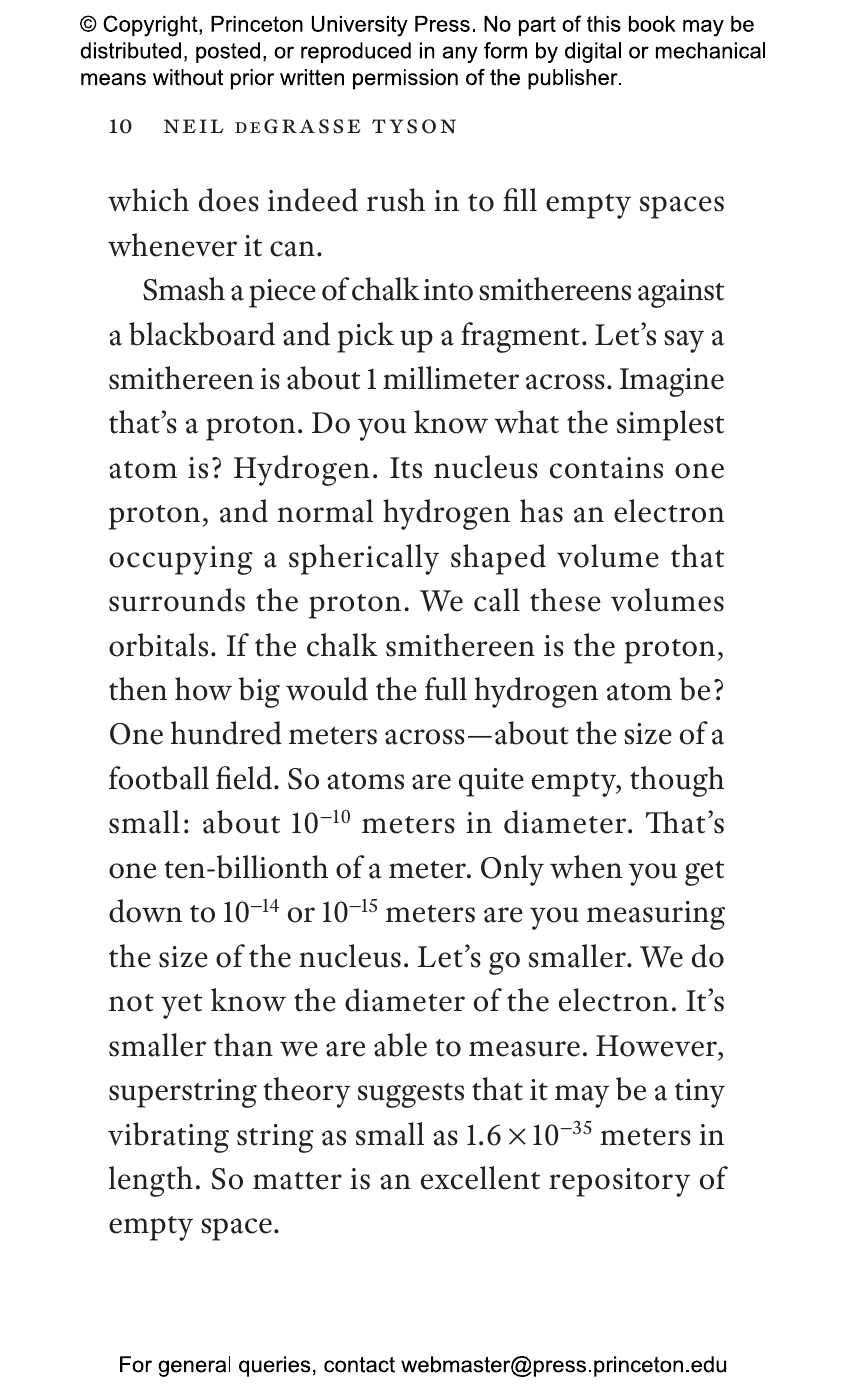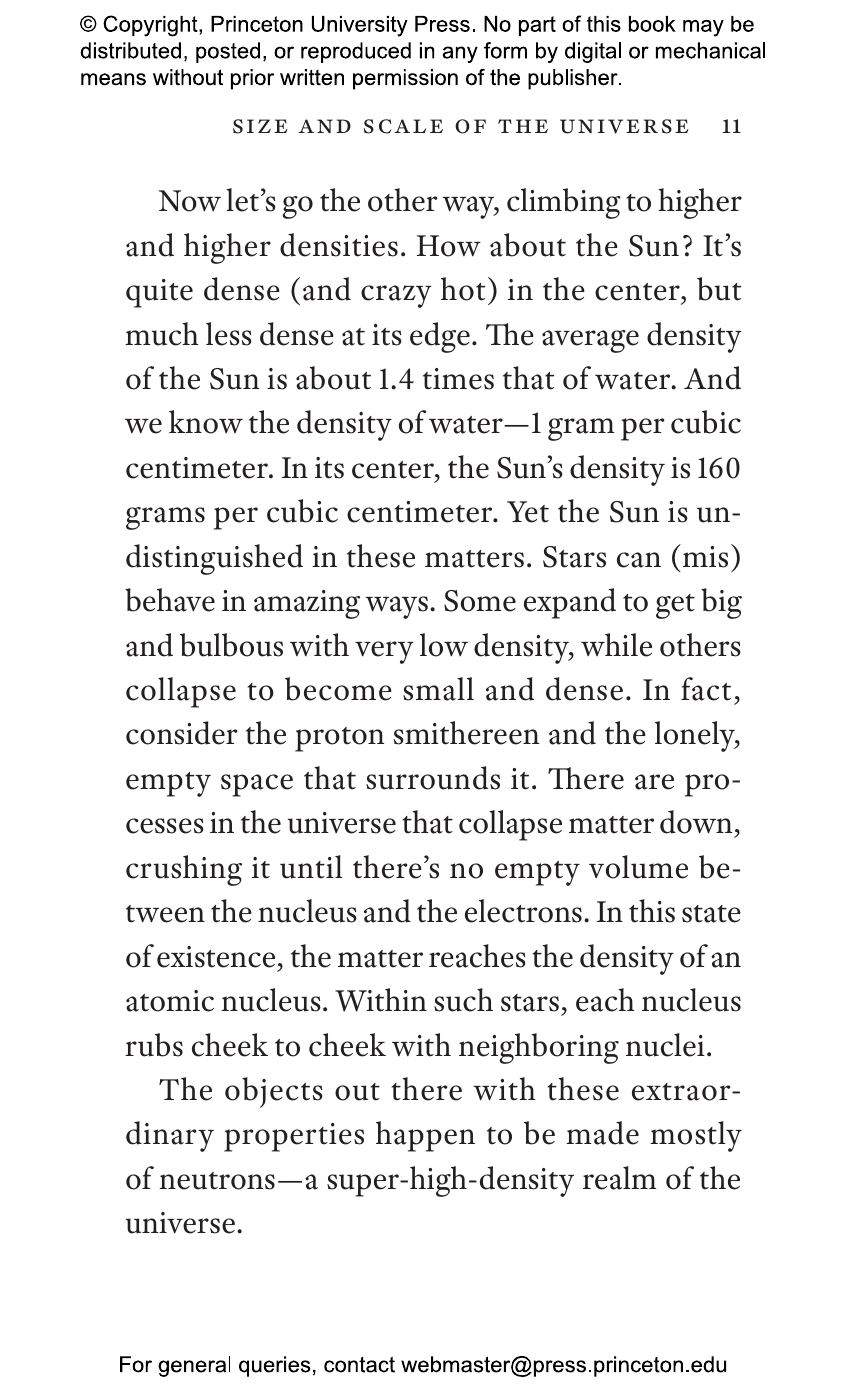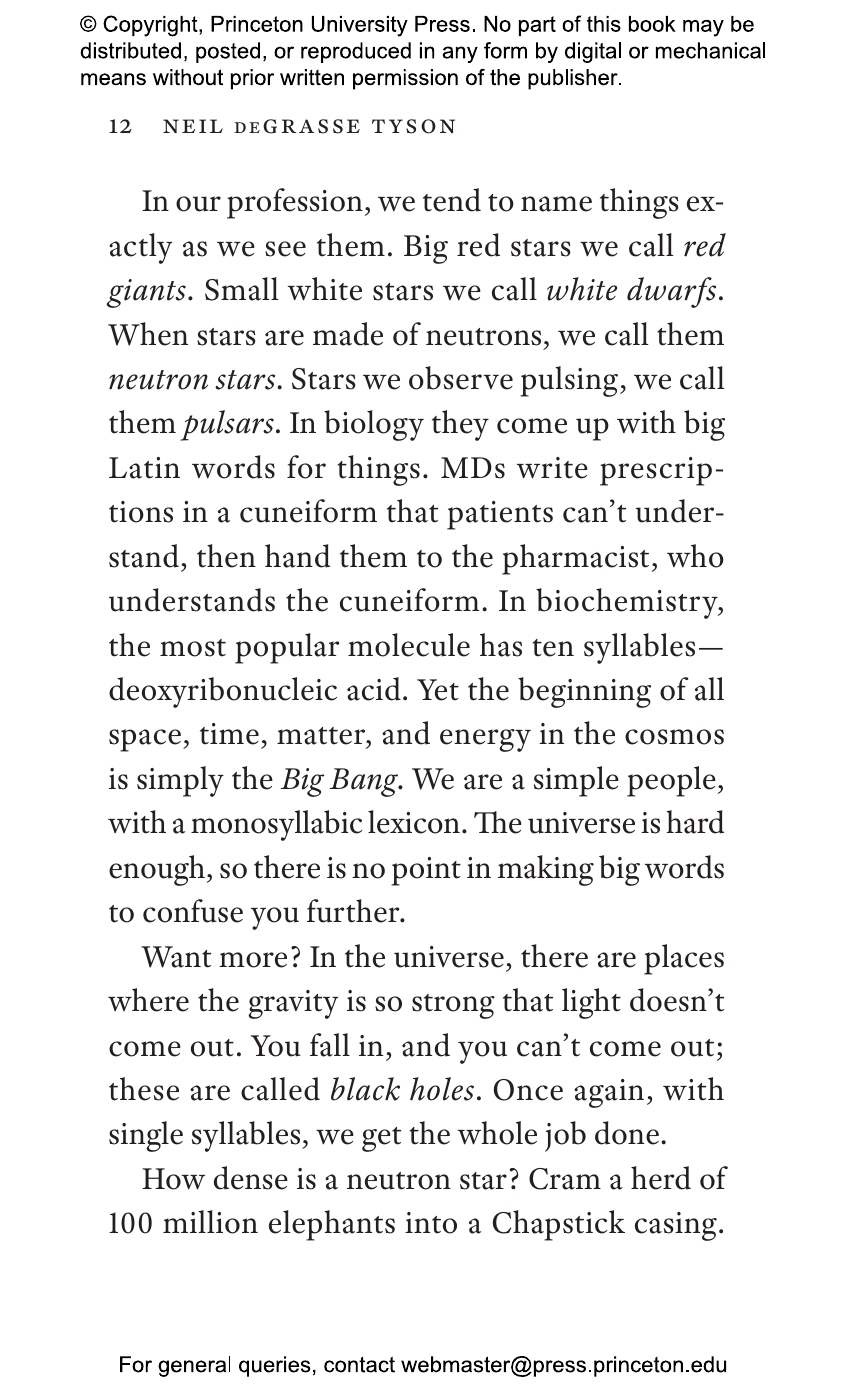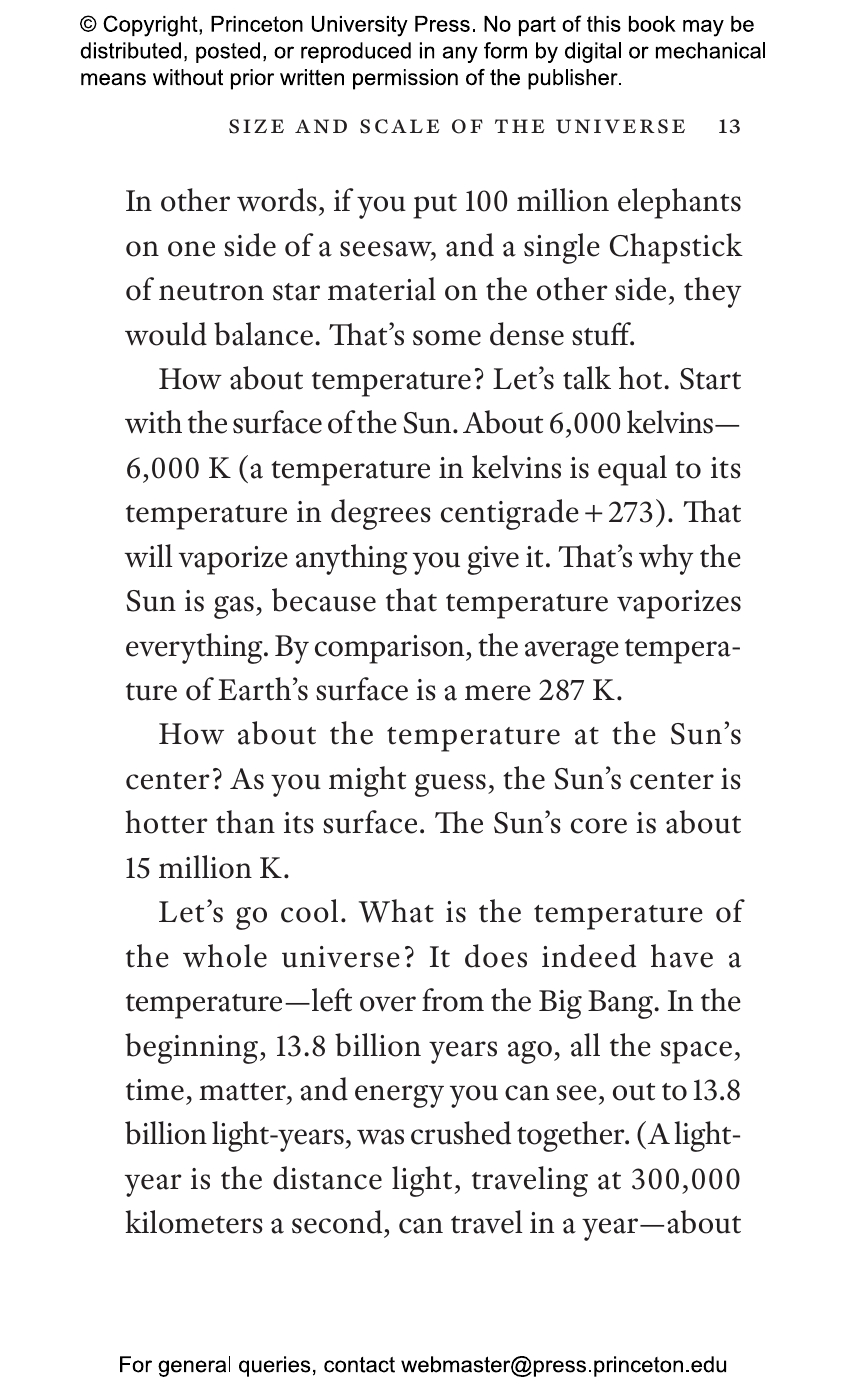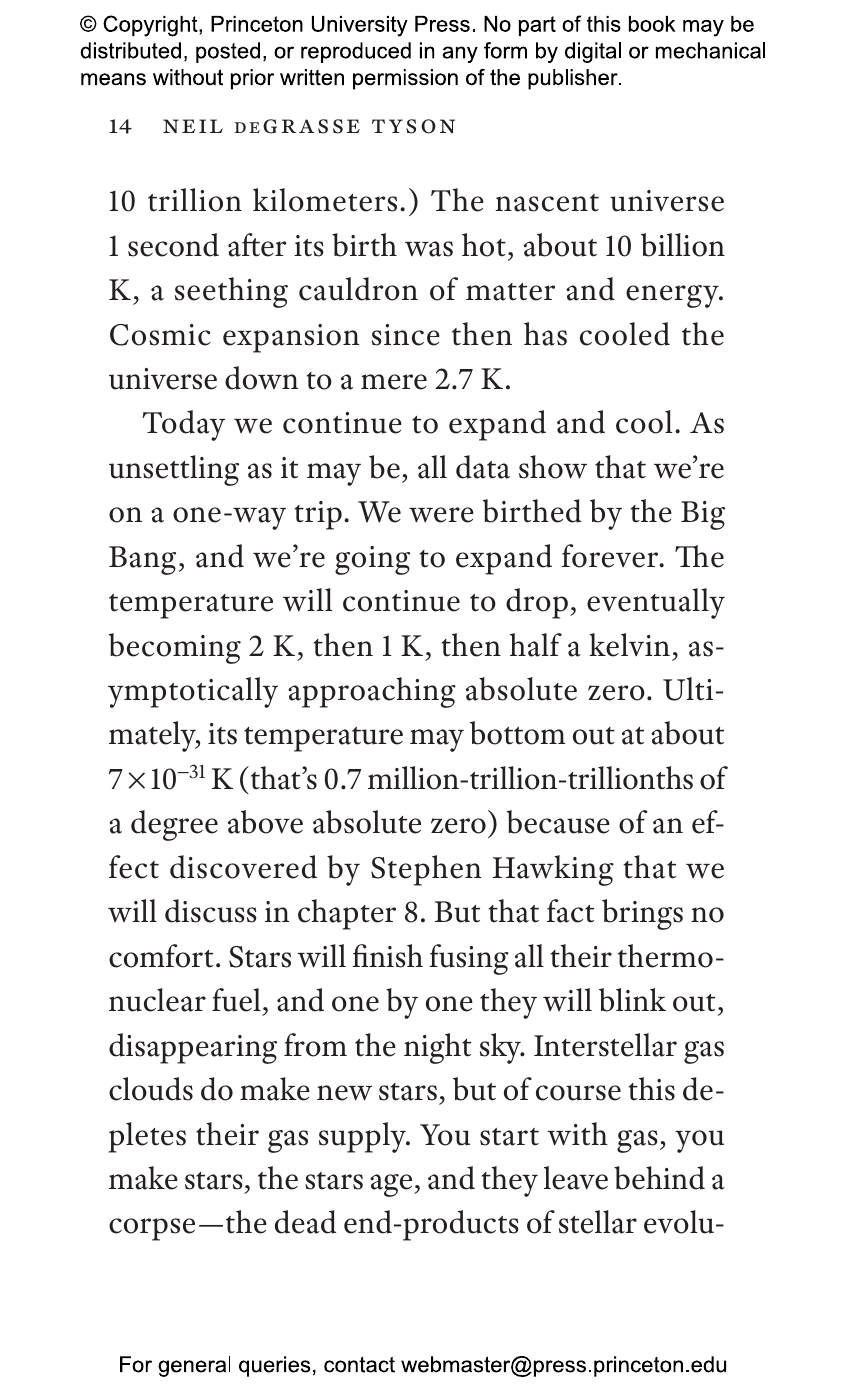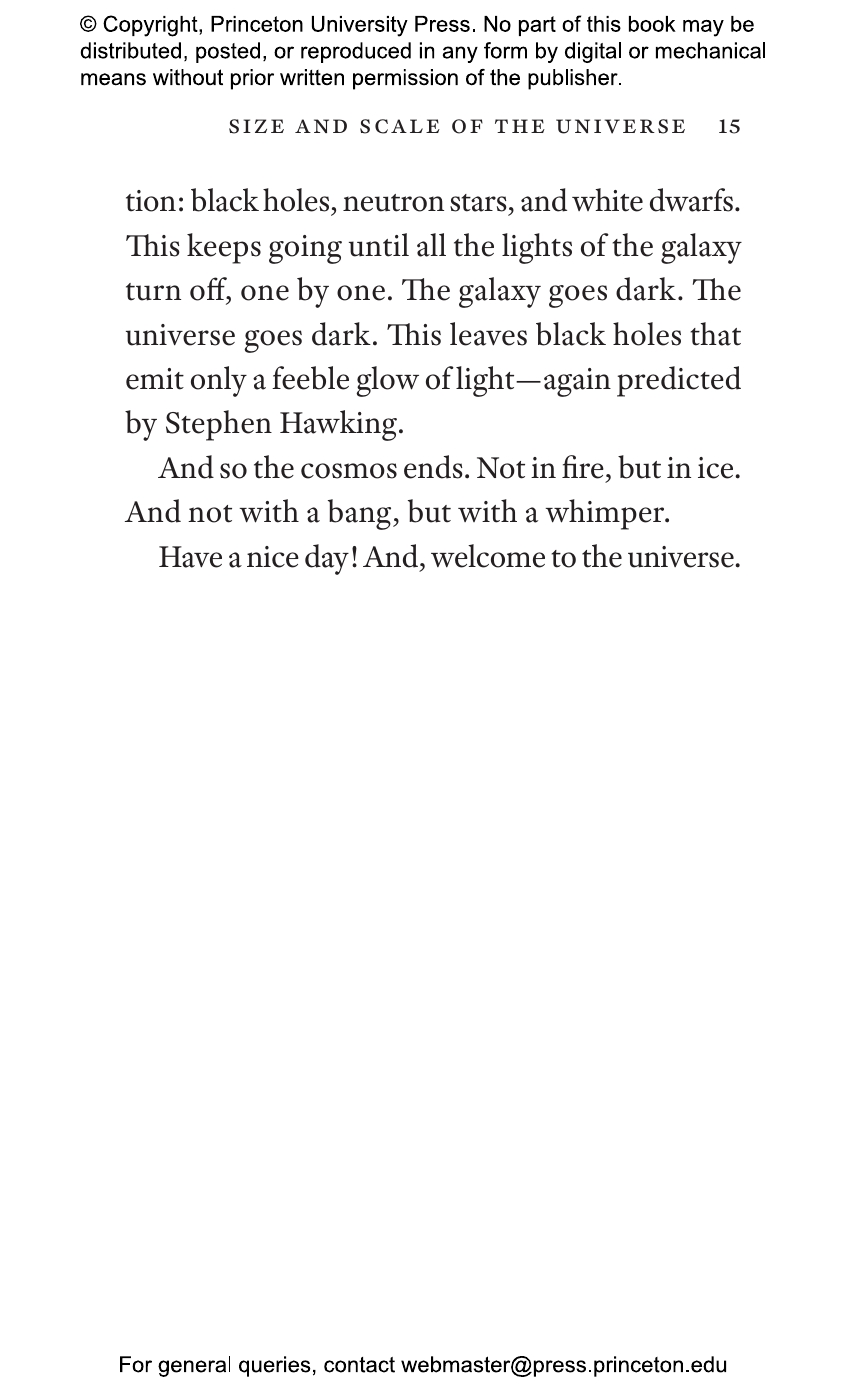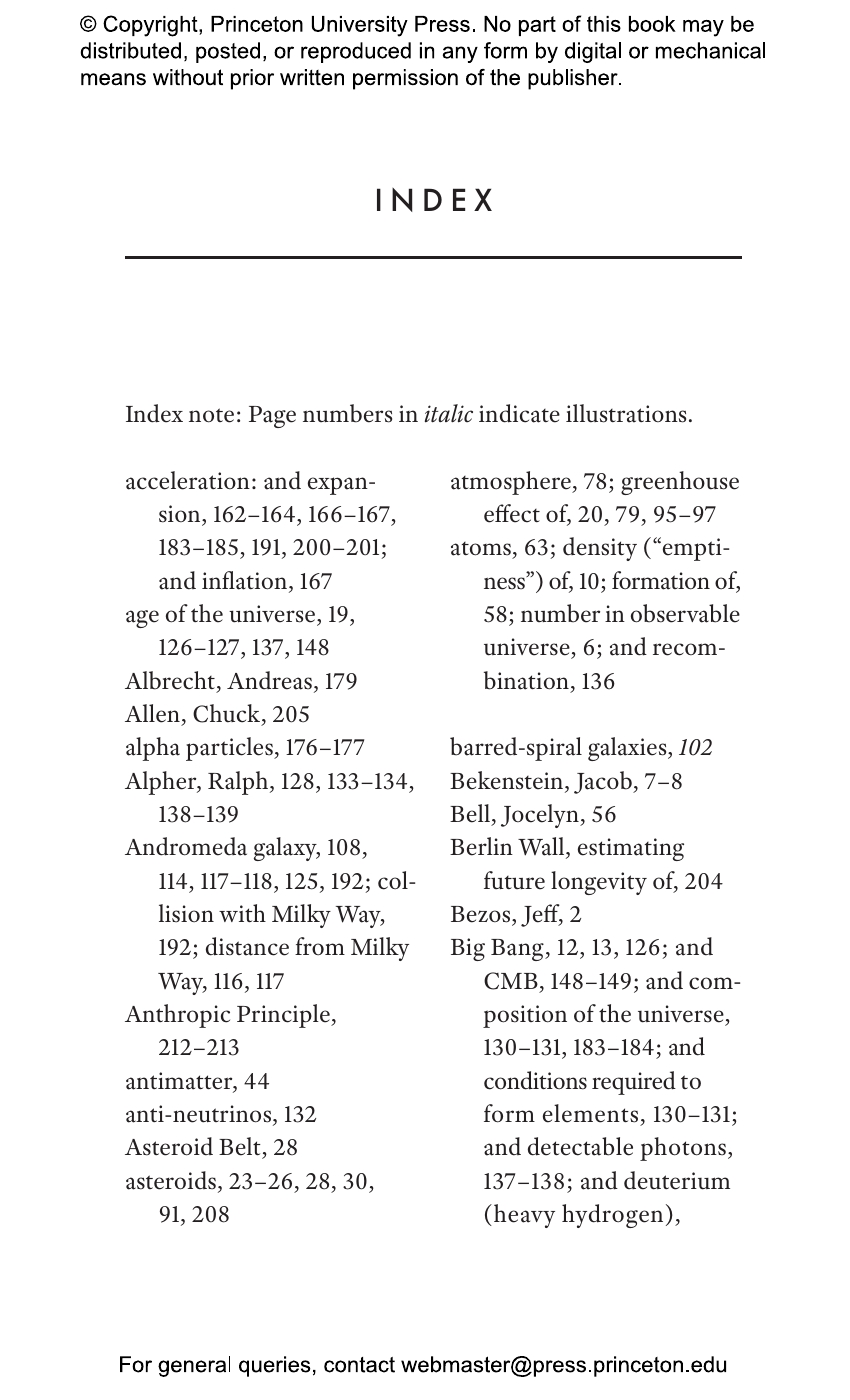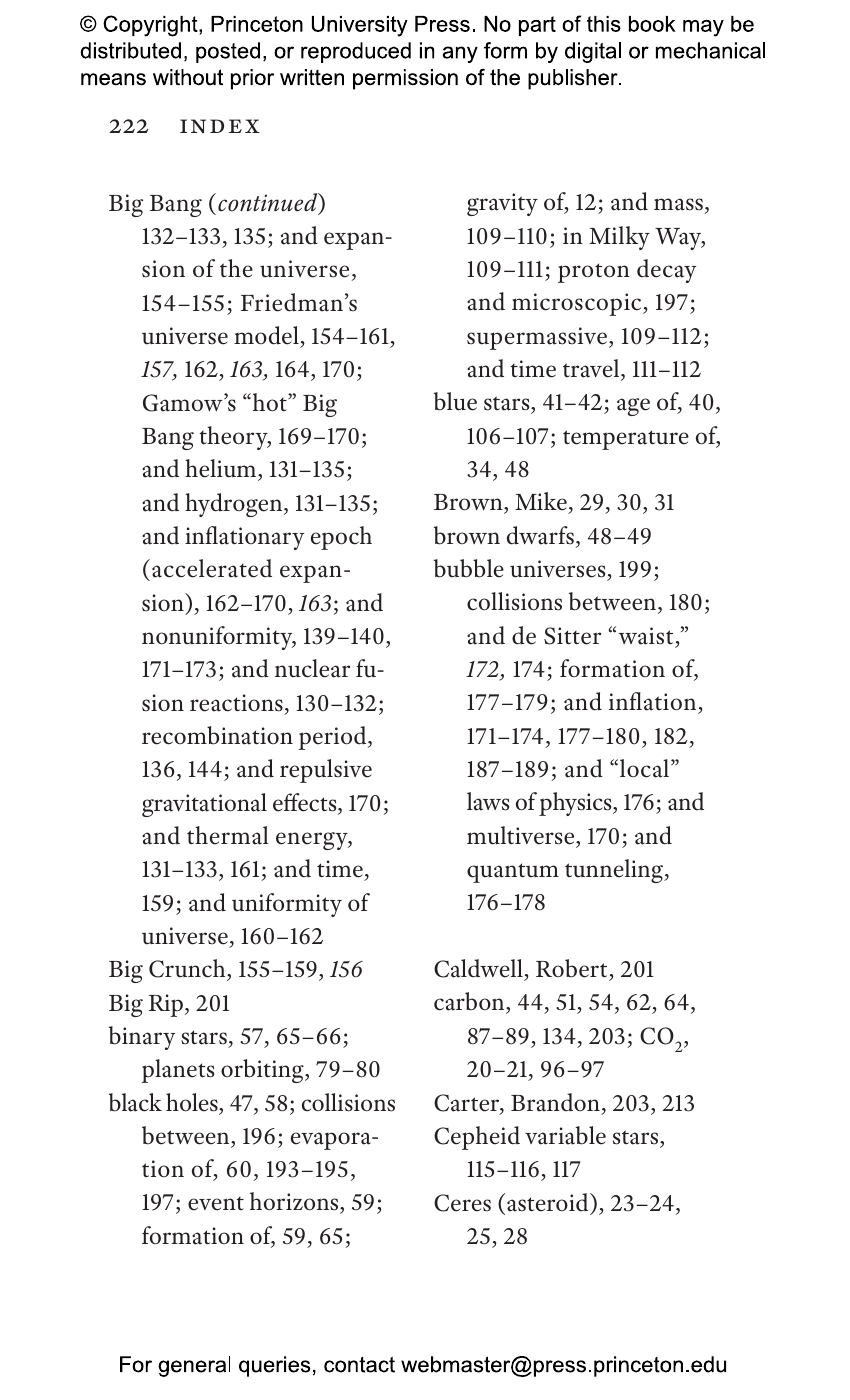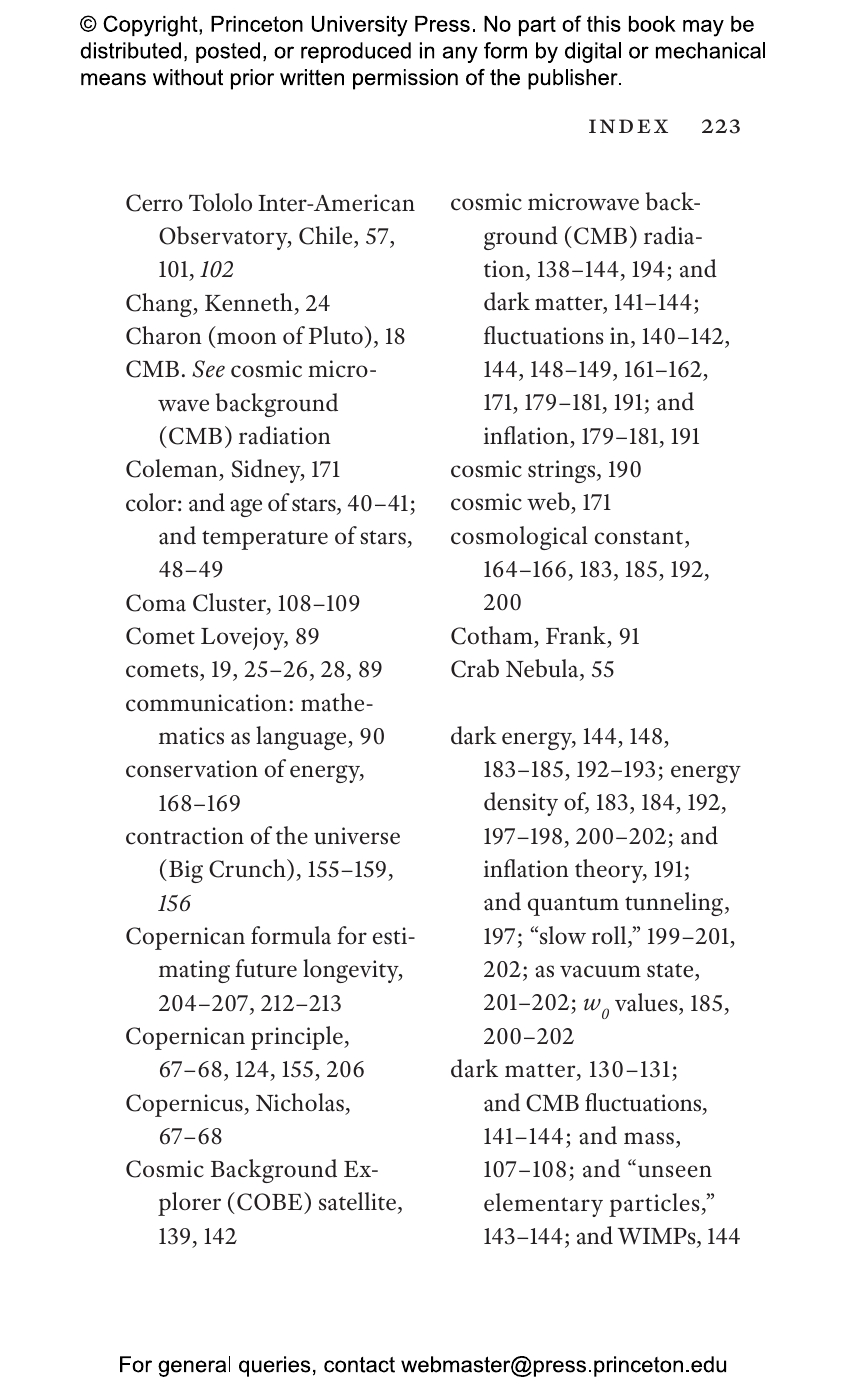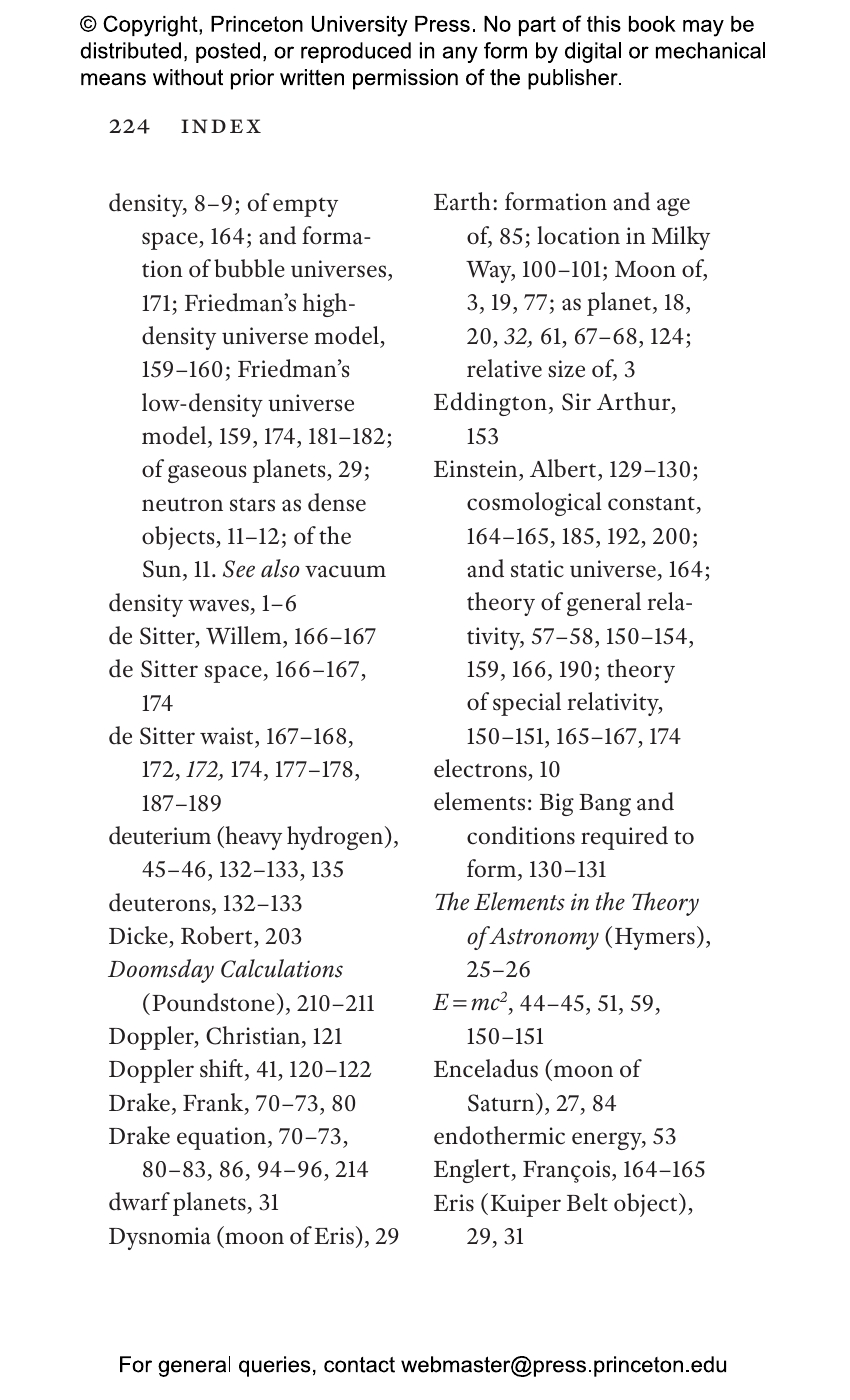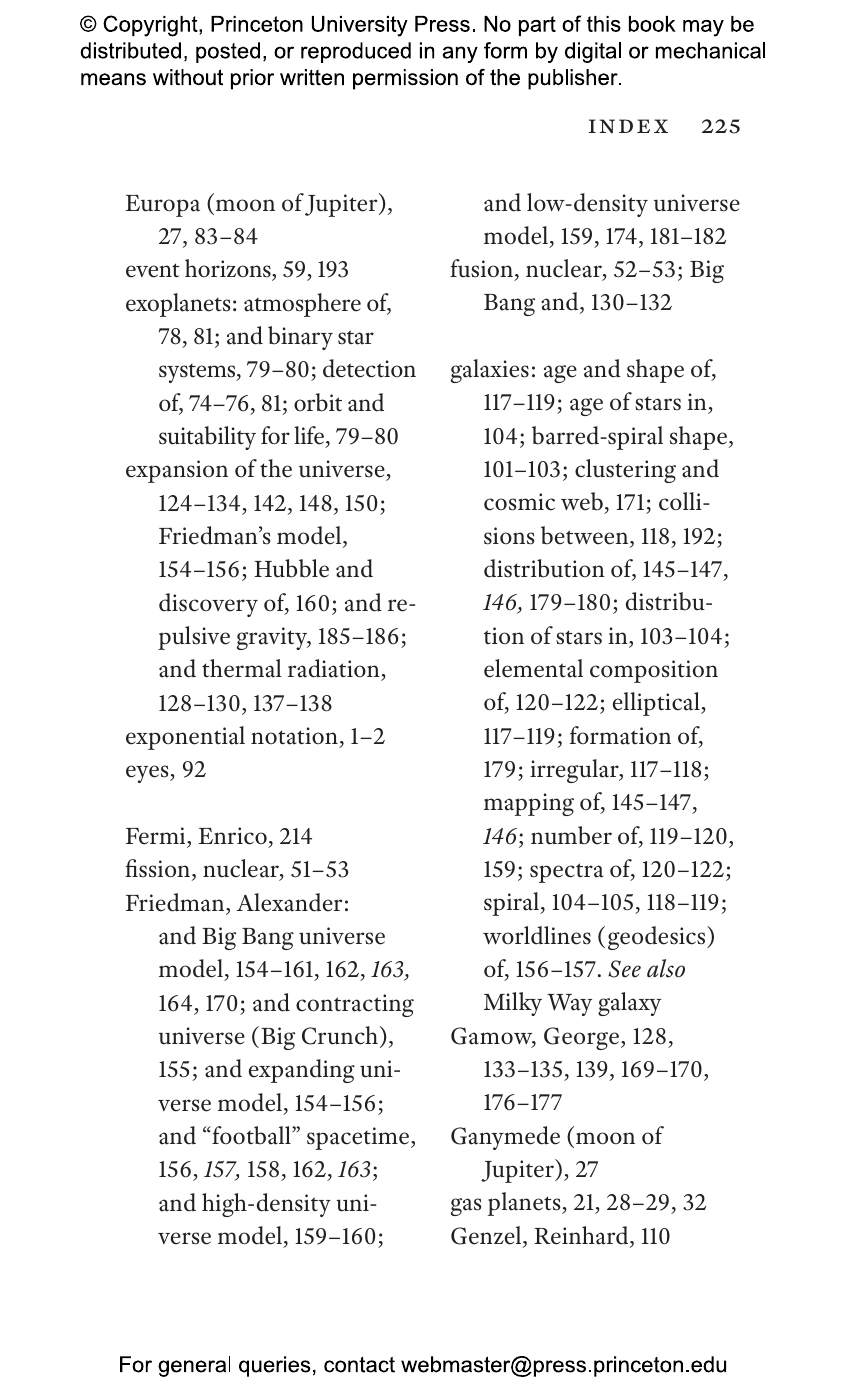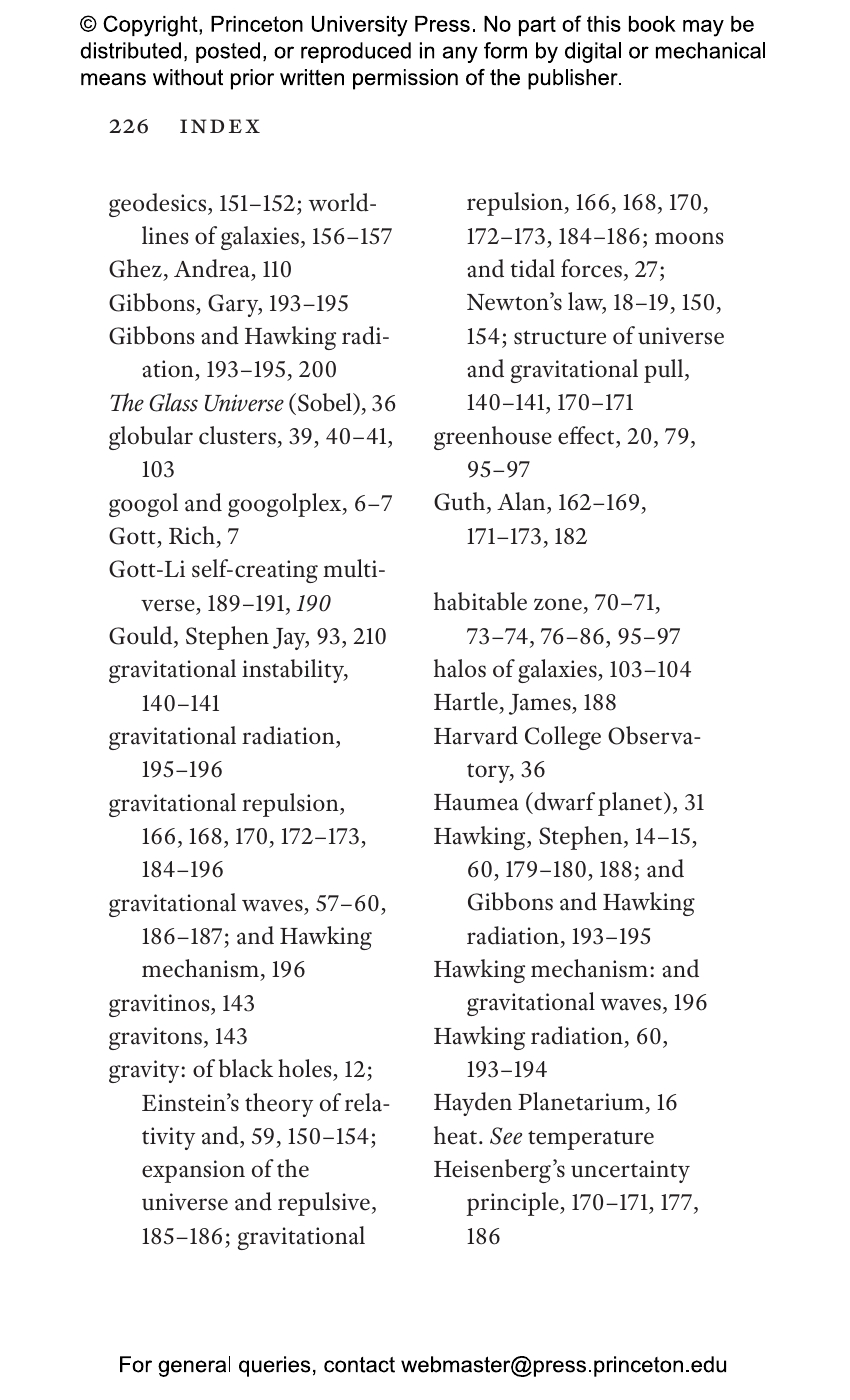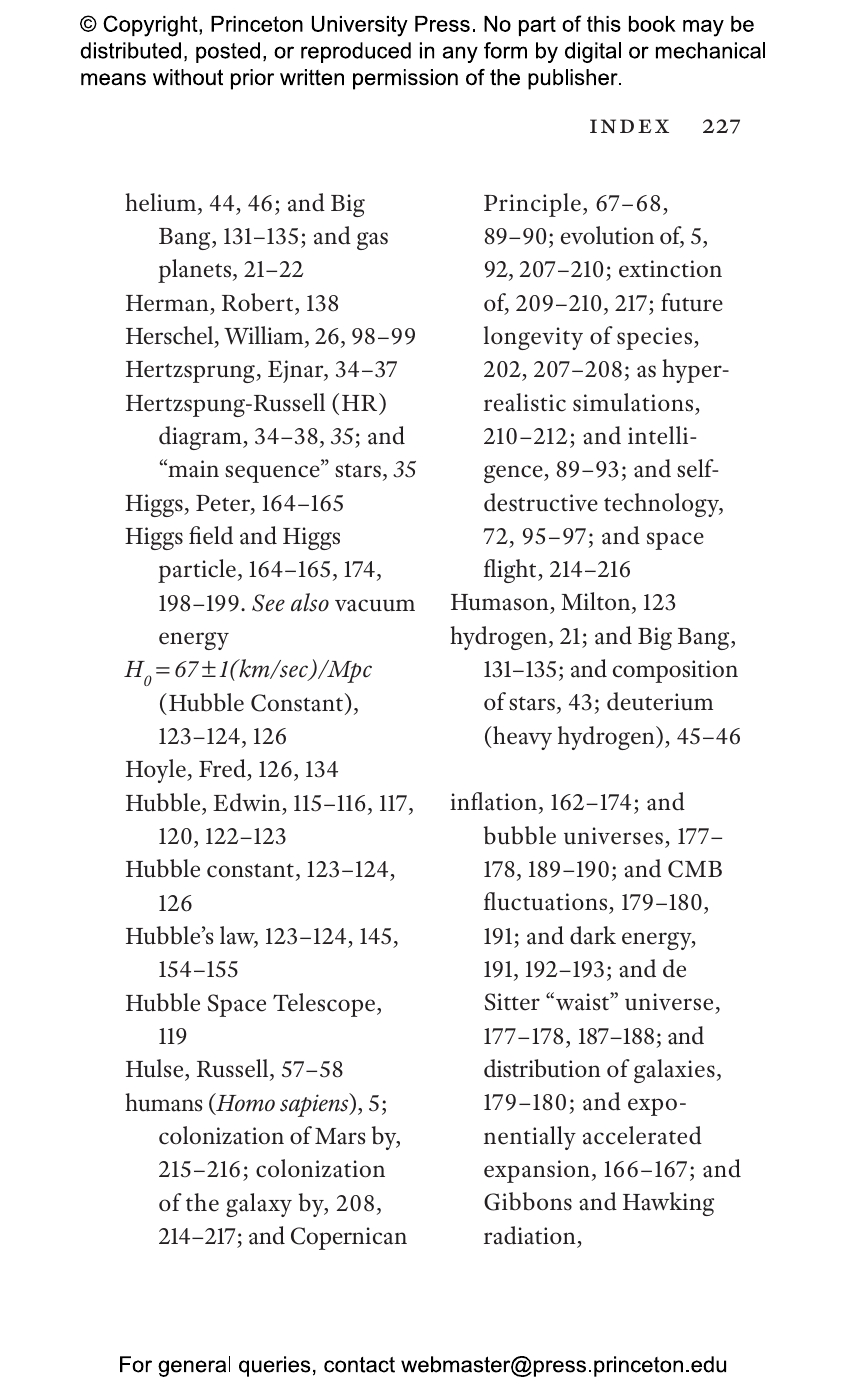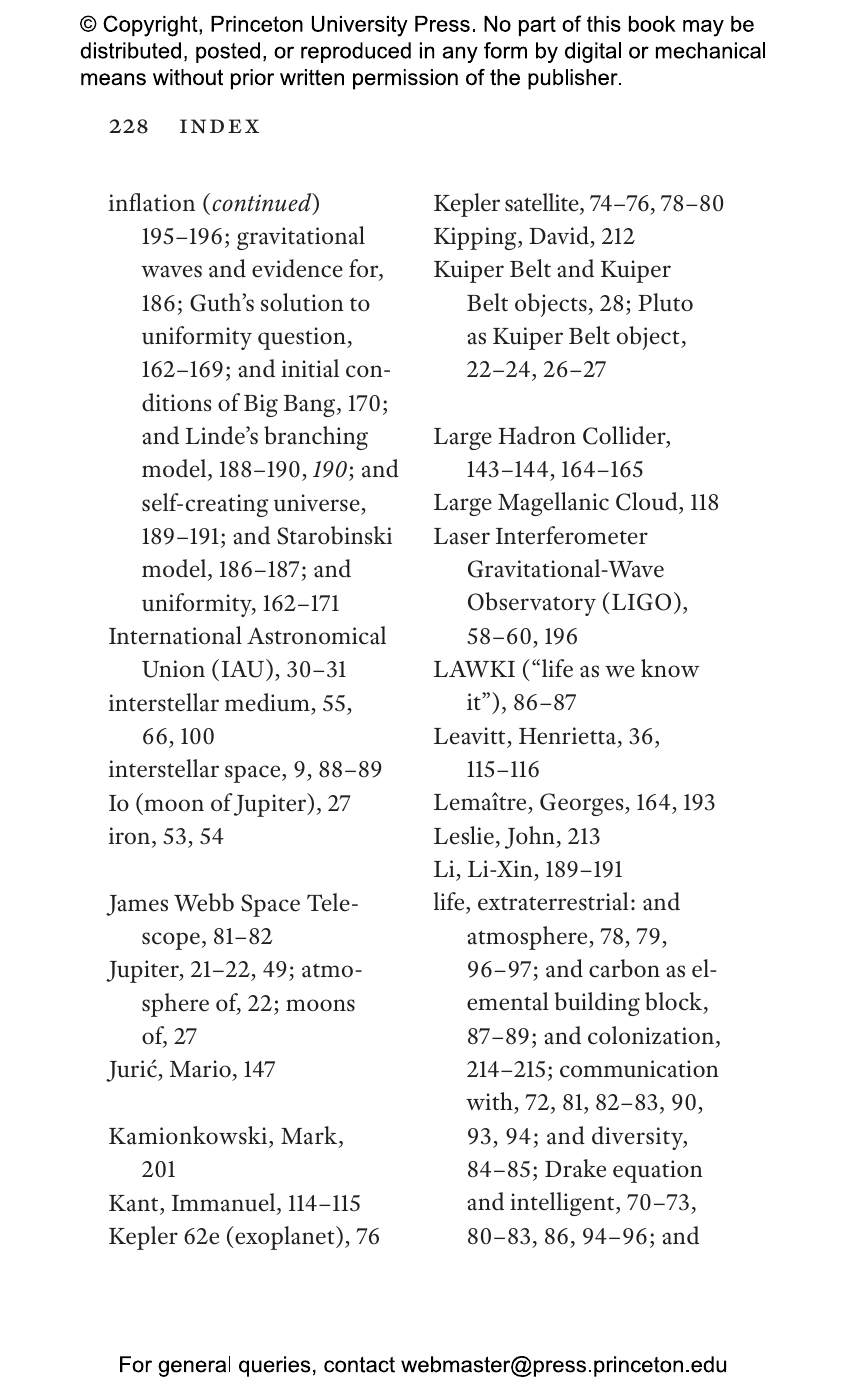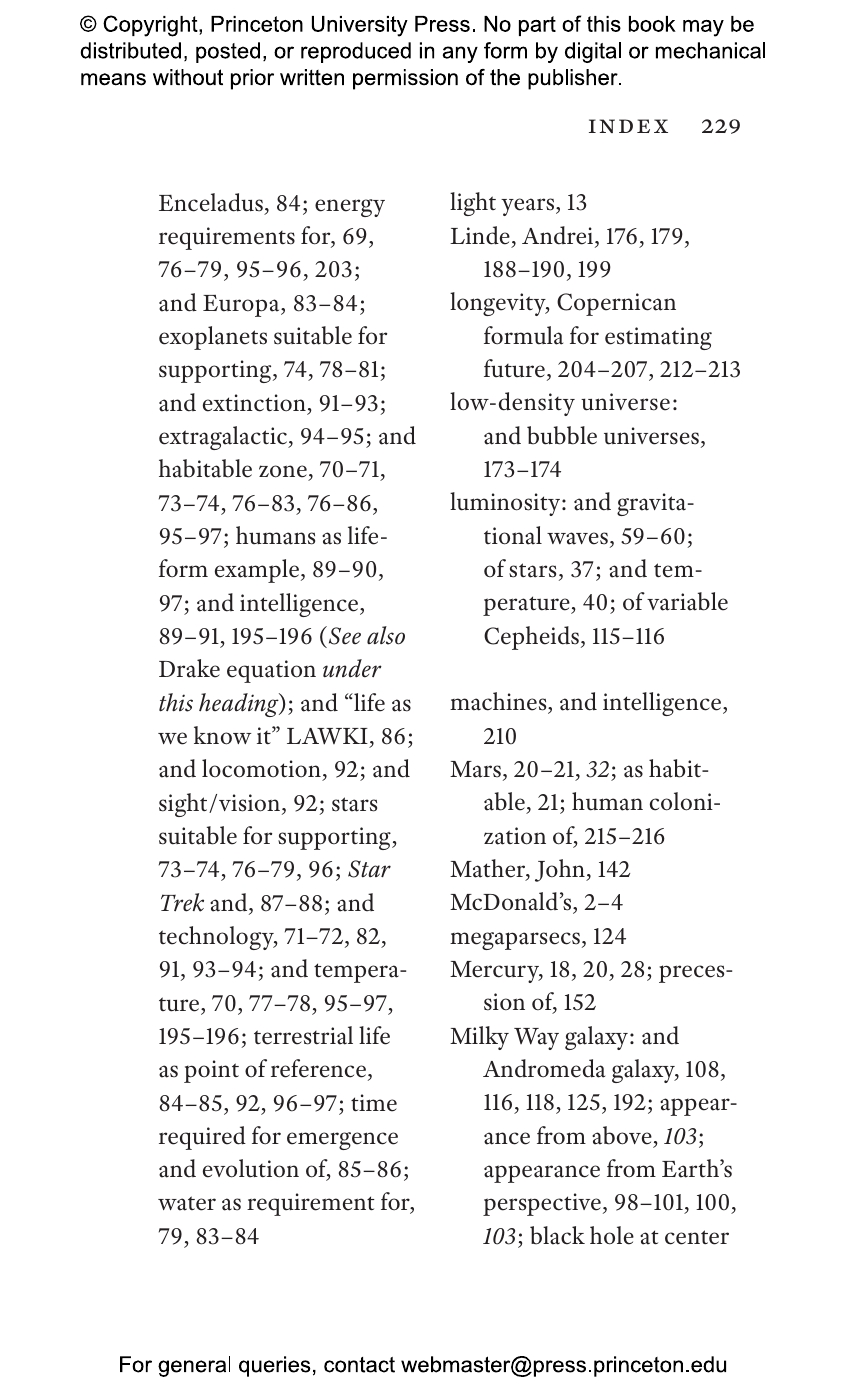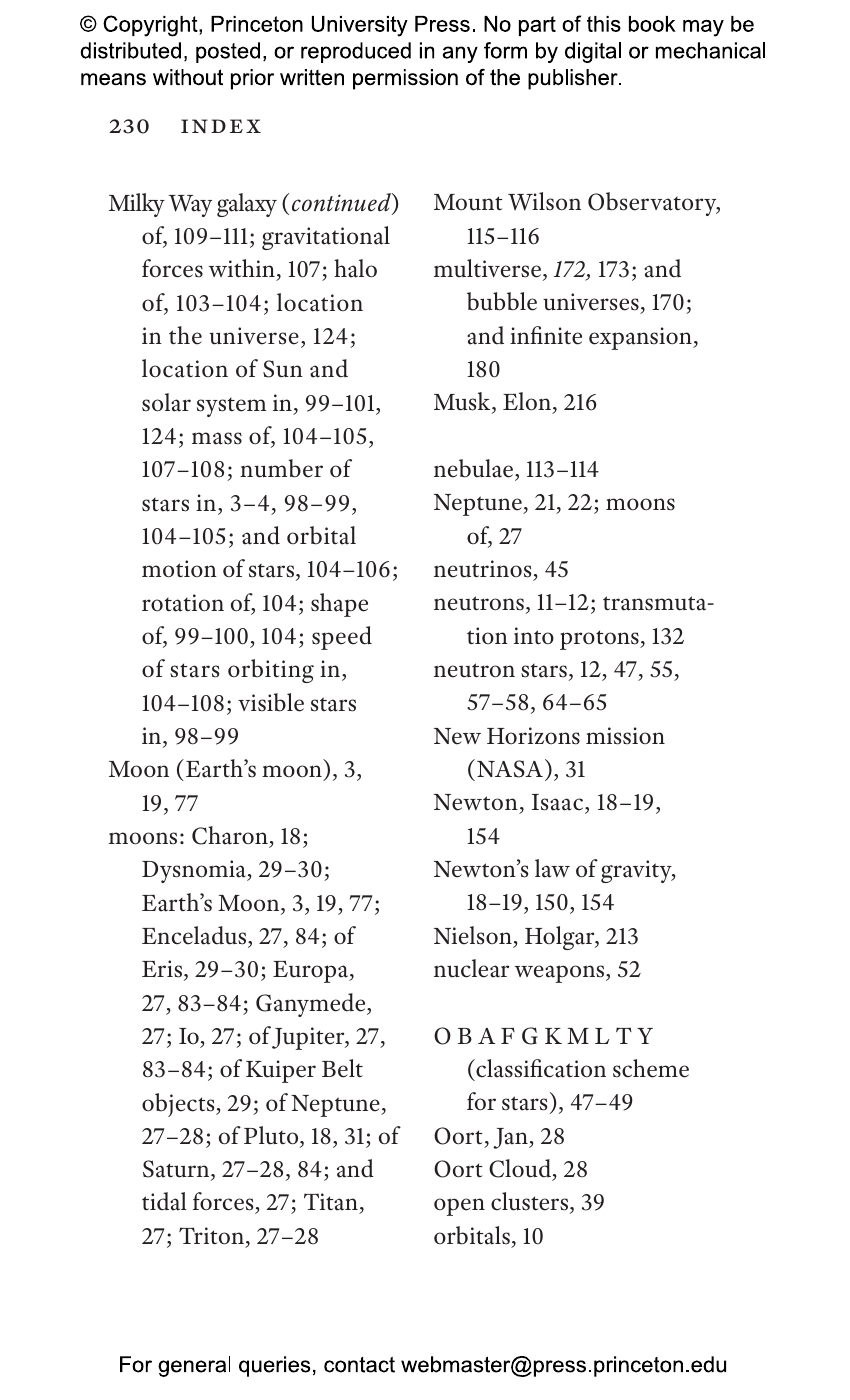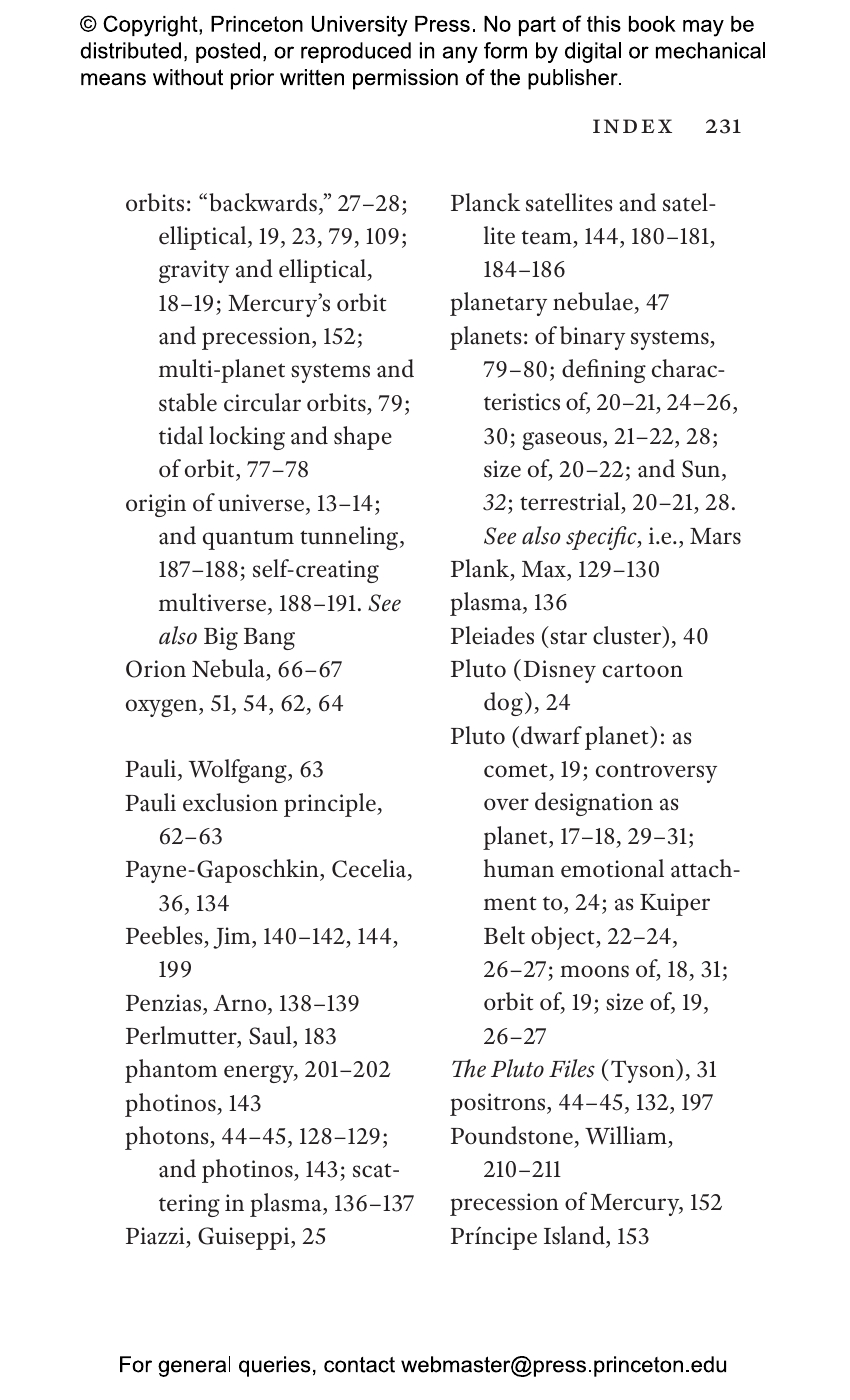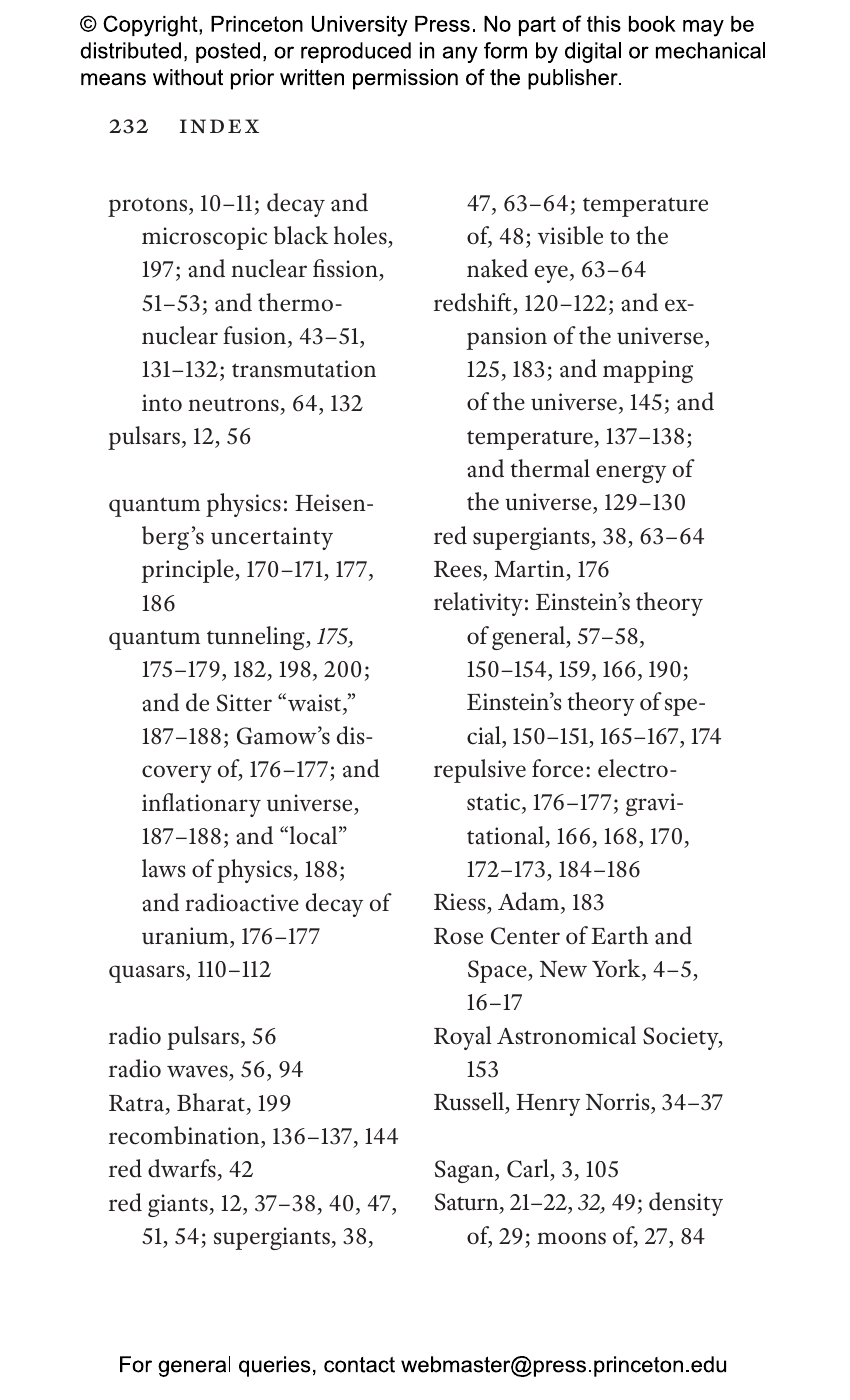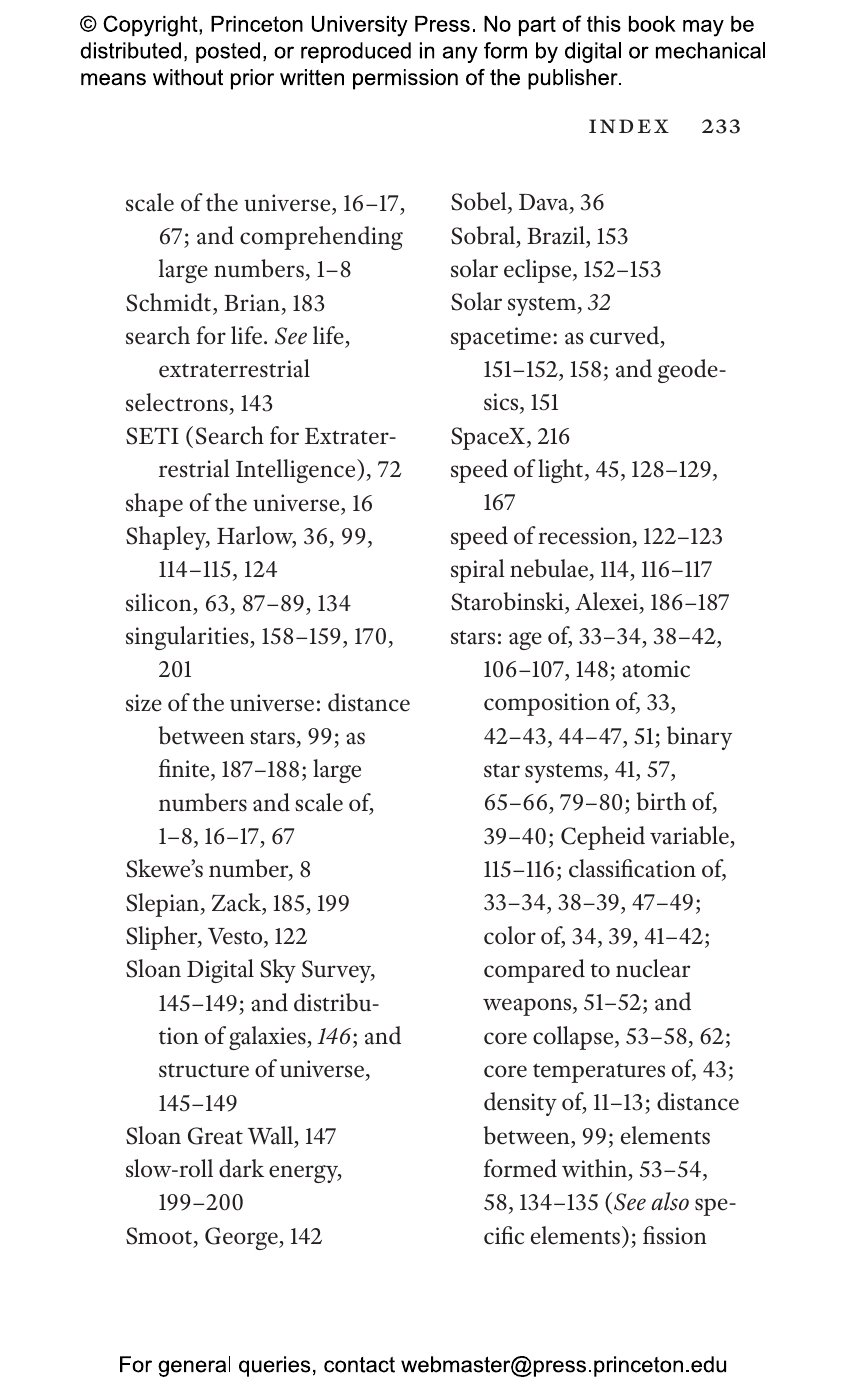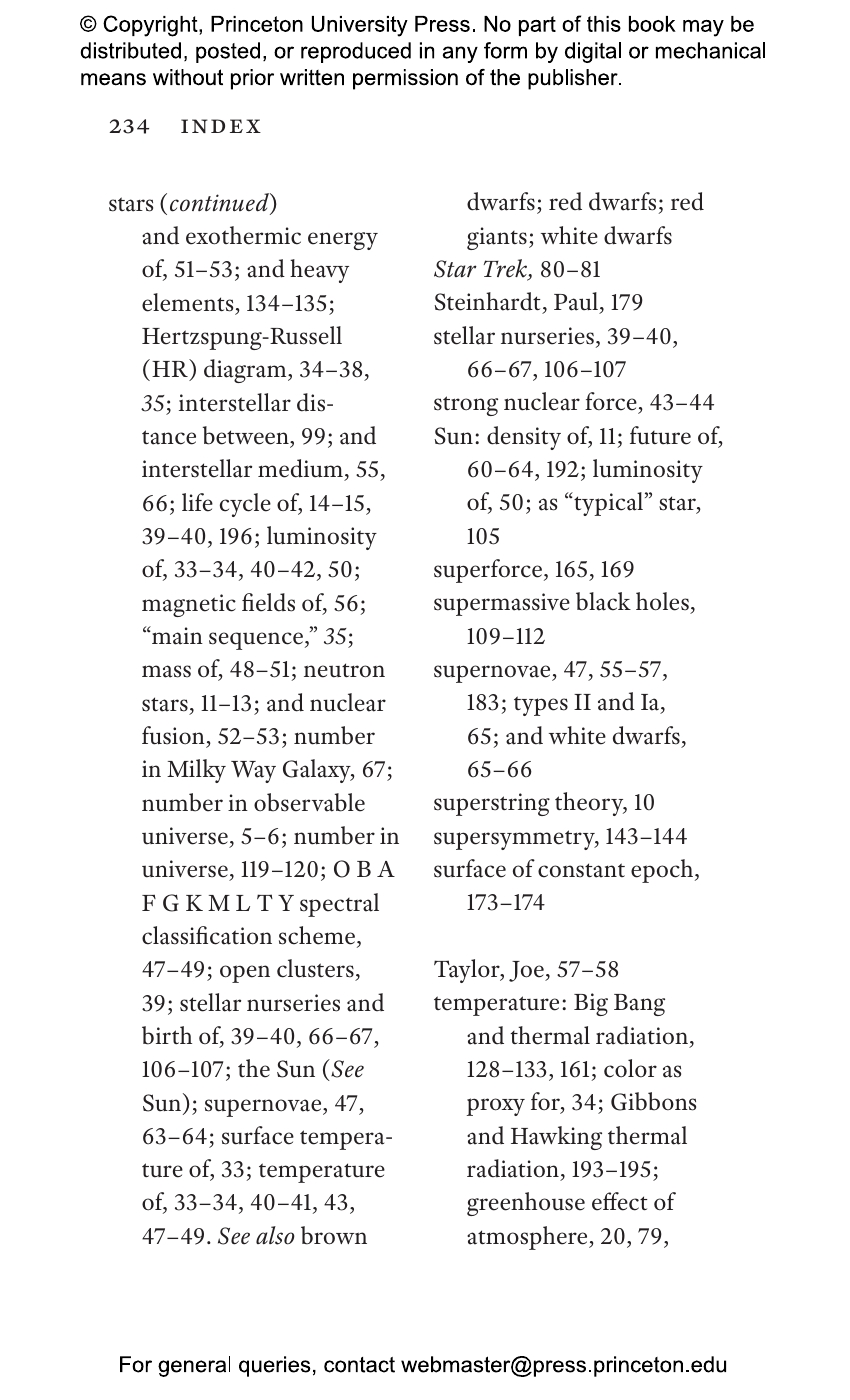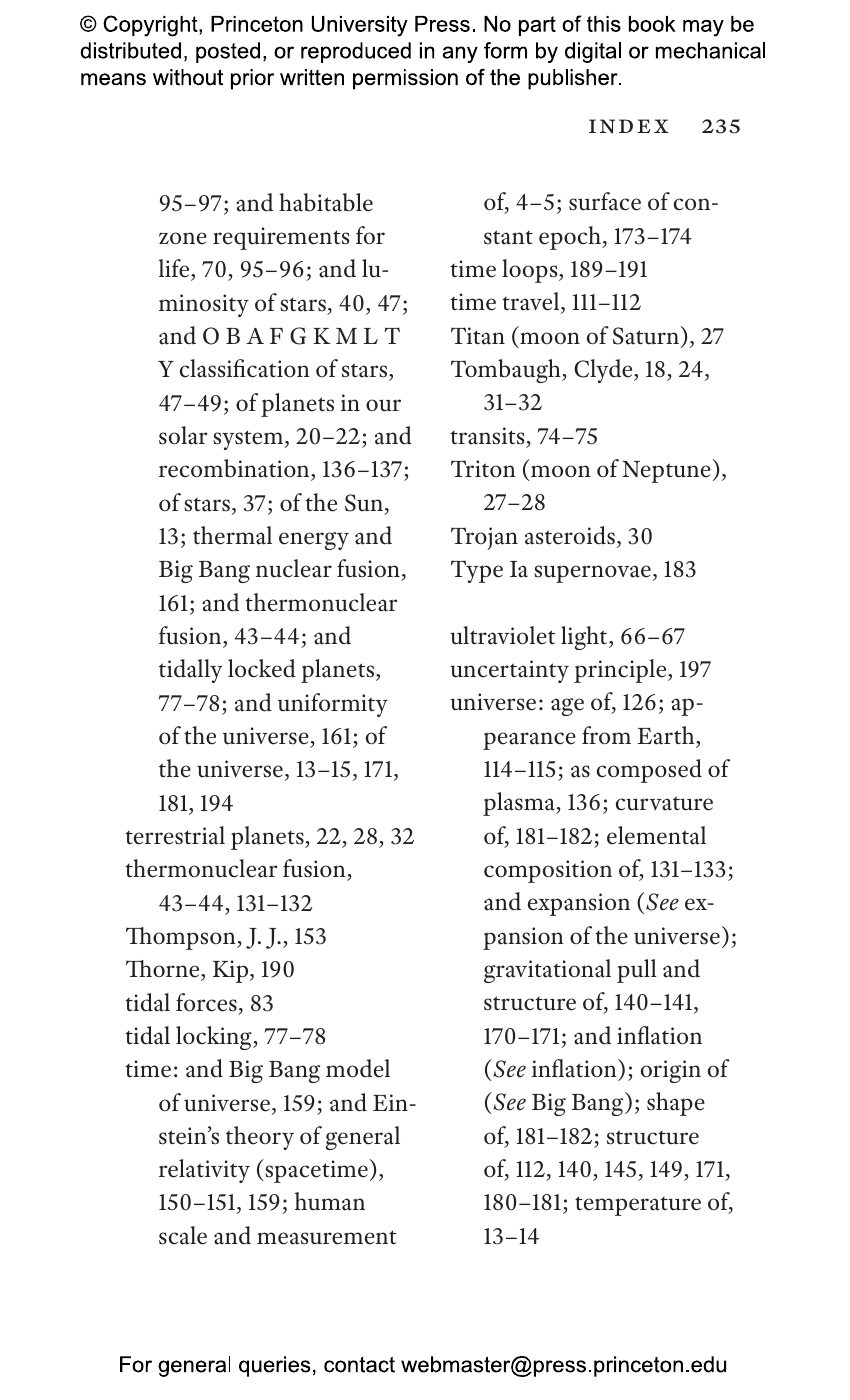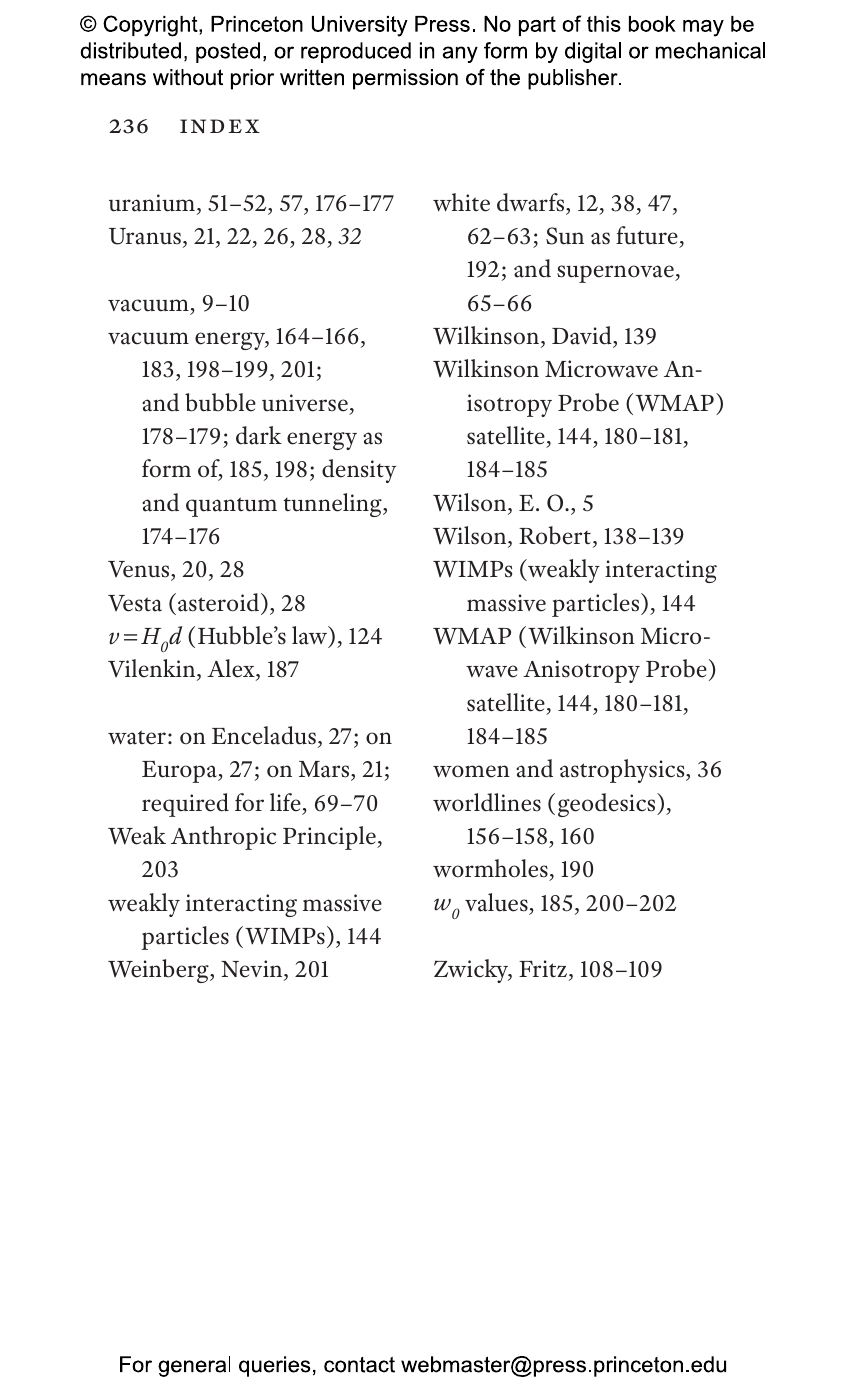A Brief Welcome to the Universe offers a breathtaking tour of the cosmos, from planets, stars, and galaxies to black holes and time loops. Bestselling authors and acclaimed astrophysicists Neil deGrasse Tyson, Michael A. Strauss, and J. Richard Gott take readers on an unforgettable journey of exploration to reveal how our universe actually works.
Propelling you from our home solar system to the outermost frontiers of space, this book builds your cosmic insight and perspective through a marvelously entertaining narrative. How do stars live and die? What are the prospects of intelligent life elsewhere in the universe? How did the universe begin? Why is it expanding and accelerating? Is our universe alone or part of an infinite multiverse? Exploring these and many other questions, this pocket-friendly book is your passport into the wonders of our evolving cosmos.
Neil deGrasse Tyson is director of the Hayden Planetarium at the American Museum of Natural History and the author of many books, including Astrophysics for People in a Hurry. Twitter @neiltyson Michael A. Strauss is professor of astrophysical sciences at Princeton University. J. Richard Gott is professor emeritus of astrophysical sciences at Princeton. Twitter @JRichardGott
“Their laudable goal is communicating vast, cosmic ideas in ways that are accessible without being simplistic.”—Washington Post
“Learn about everything from the birth of the Universe and quasars to dark energy and exoplanets from three of the coolest guys you’ll ever meet.”—Annalee Newitz, Ars Technica
“Riveting questions fielded by three top astrophysicists in engaging style. . . . They may just have produced the best book about the universe in the universe.”—New Scientist
“As citizens of the cosmos, we are duty bound to explore it. So opine astrophysicists Neil deGrasse Tyson, Michael Struass, and Richard Gott, guides on this bracing expedition through dusty galactic hinterlands and the vast theoretical vistas of Albert Einstein’s work.”—Nature
“All three [authors] write in informal, conversational tones, and the text is sprinkled with genuinely funny non sequiturs, such as a brief rumination on dwarfs versus dwarves and commentary on English-speaking aliens in Star Trek. . . . What the book does very well is to present not just what we know about the universe but how we know it.”—Science
